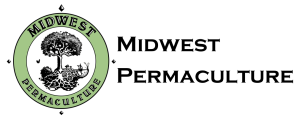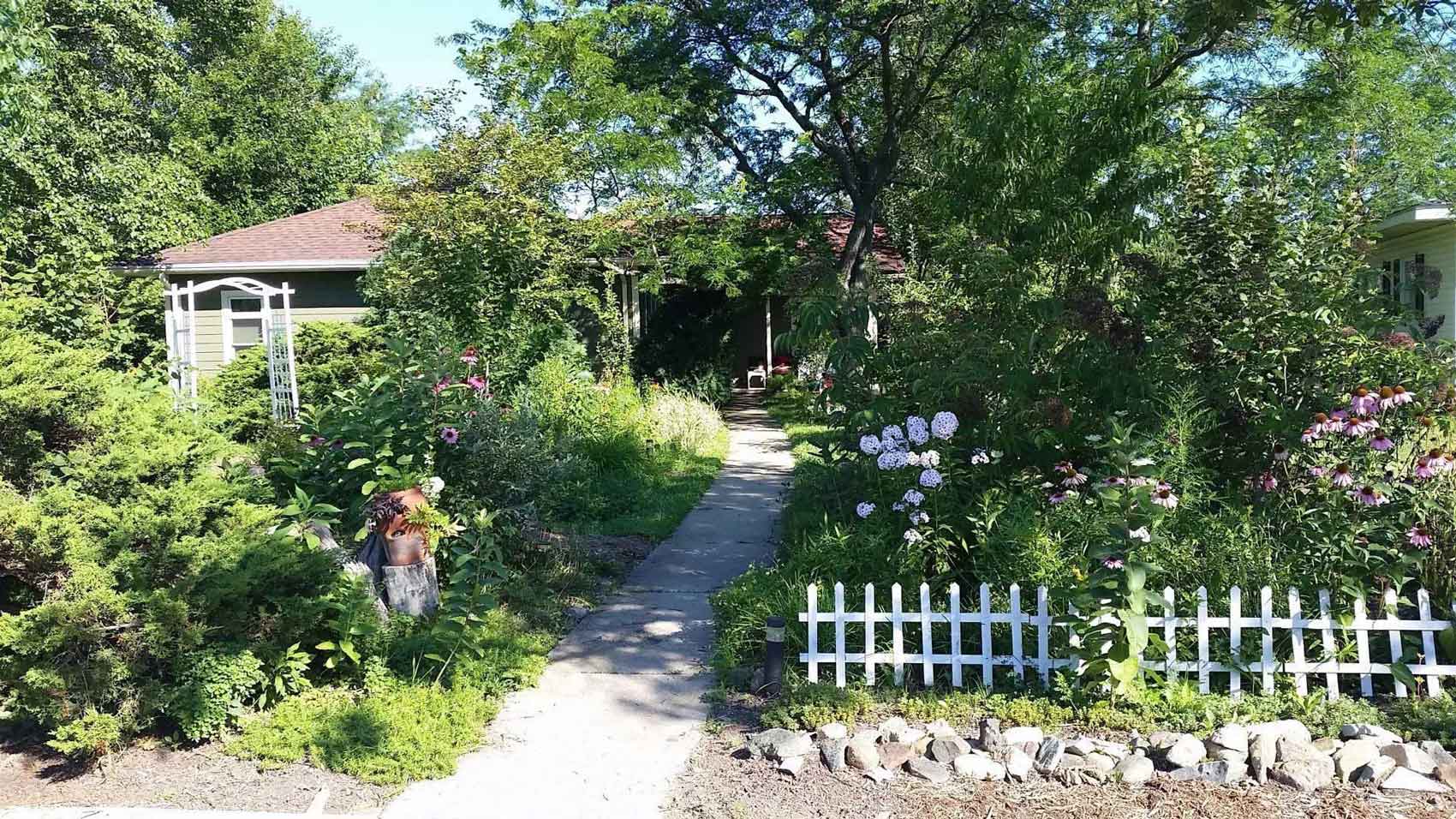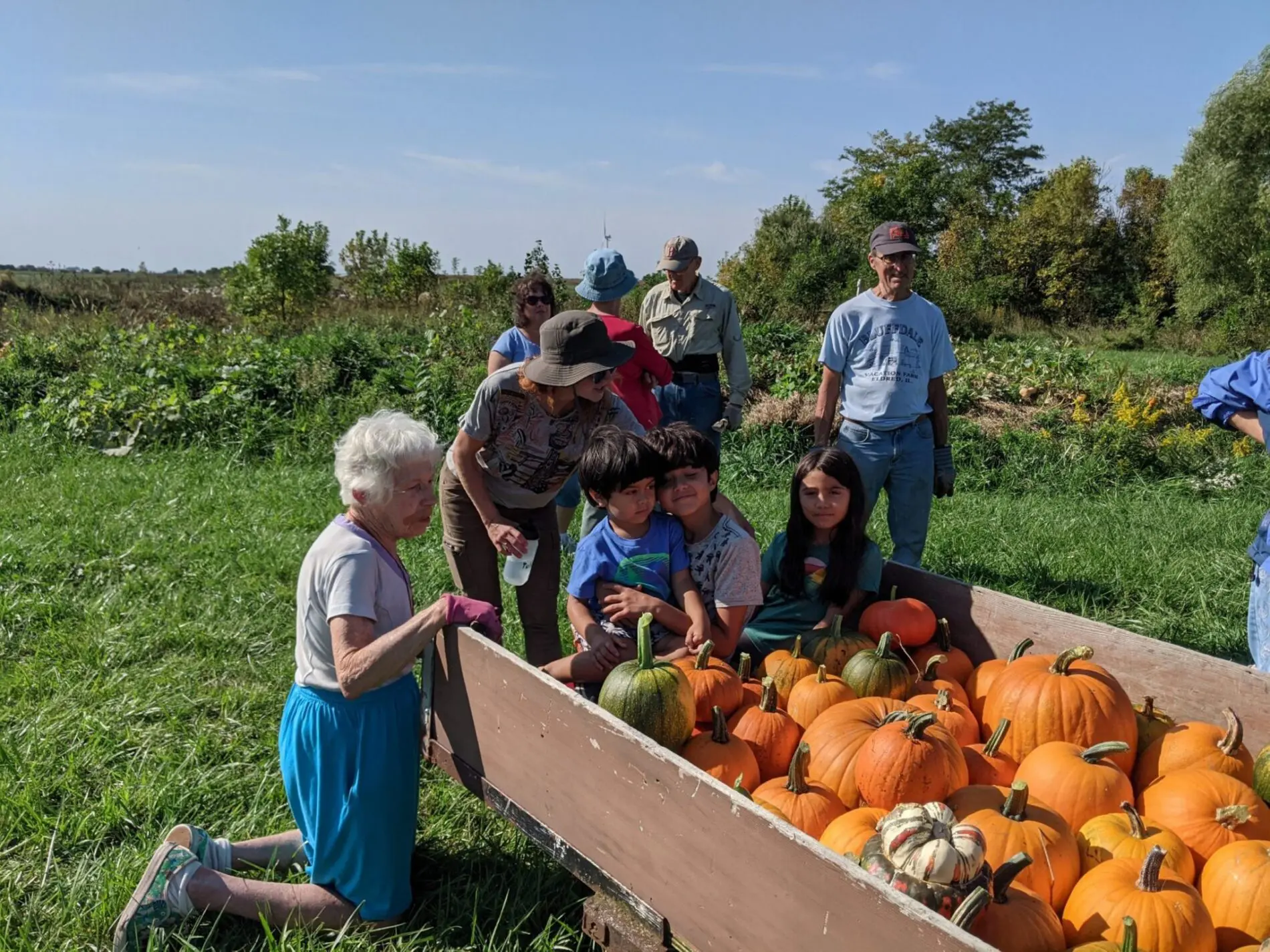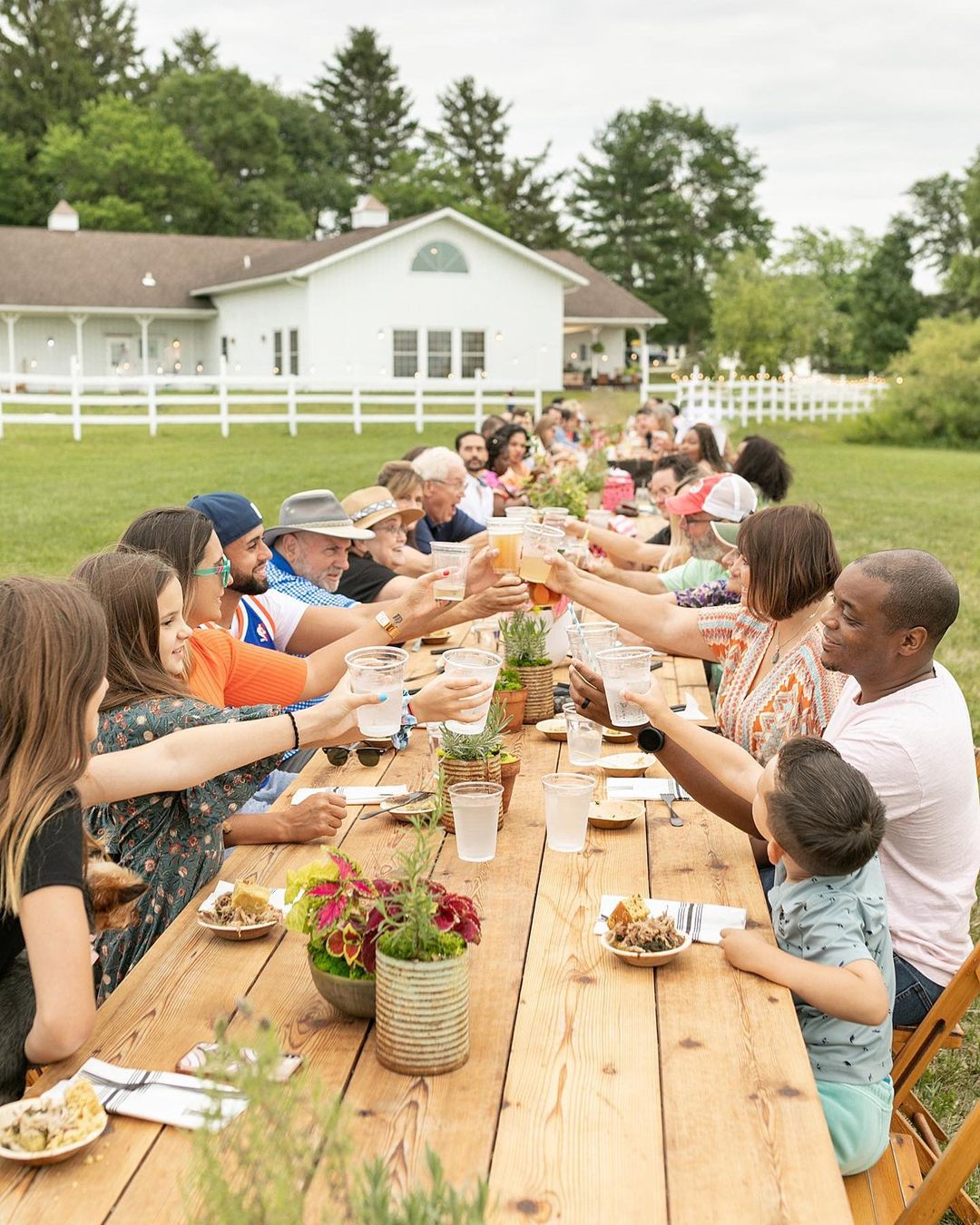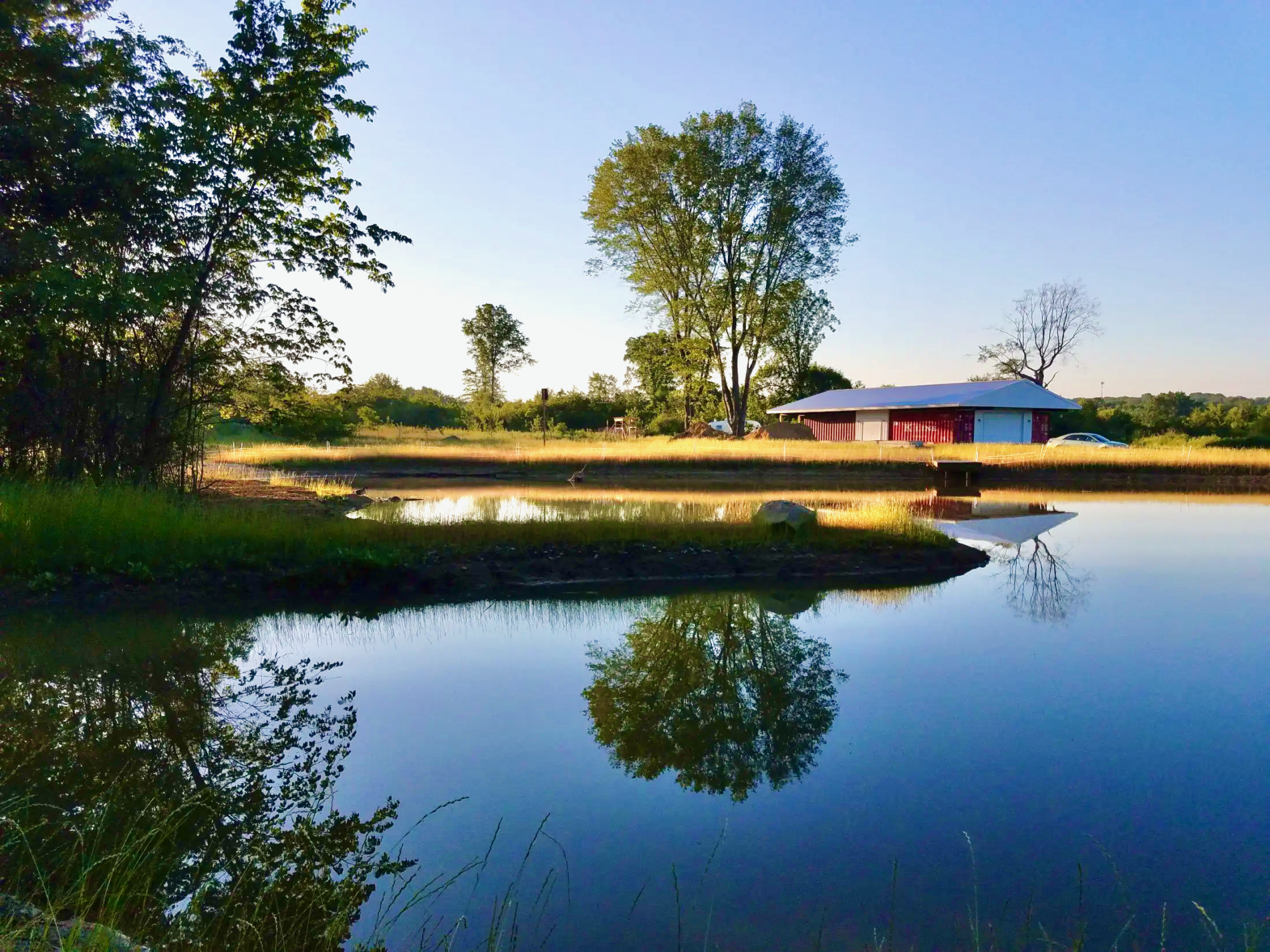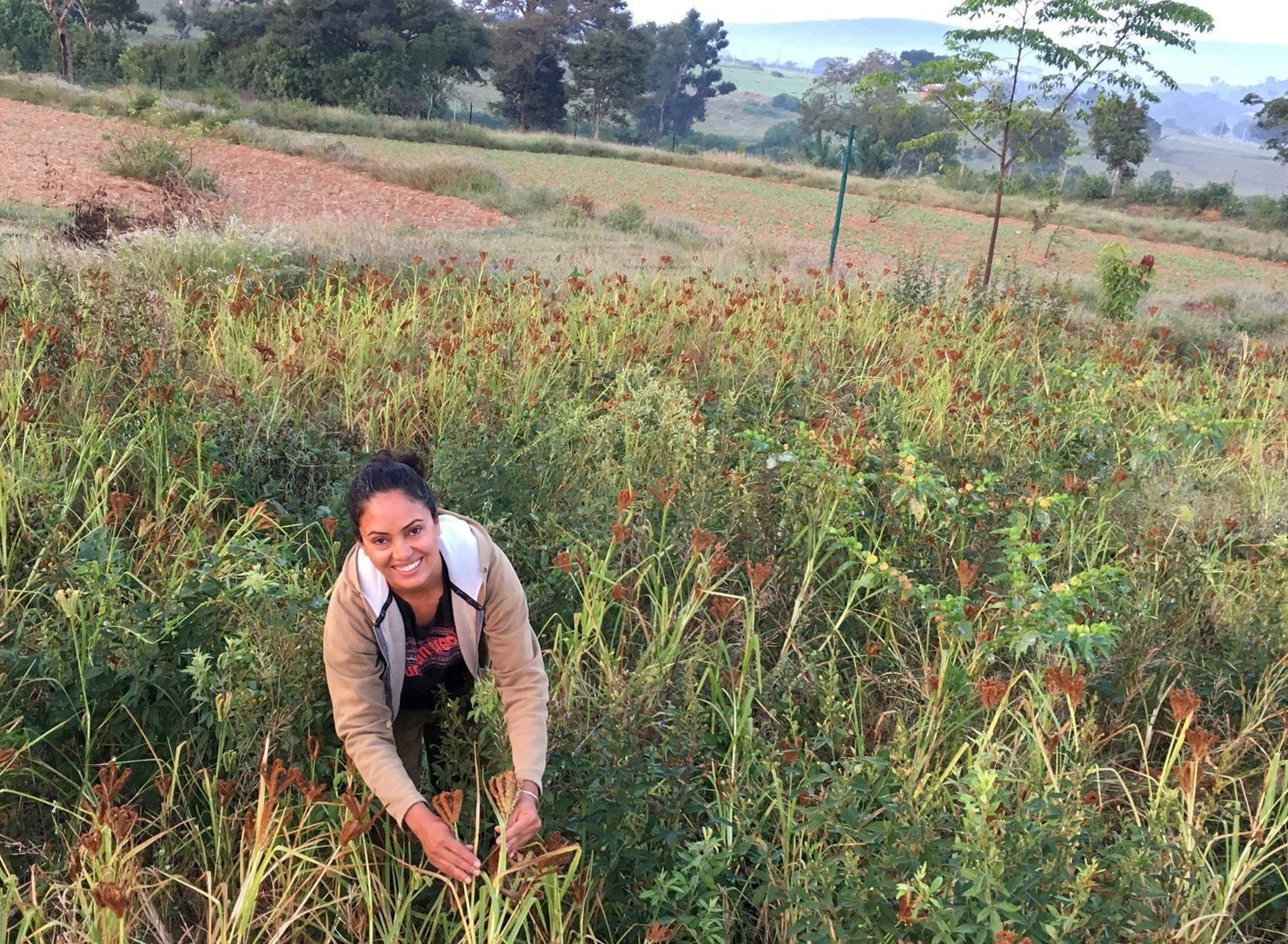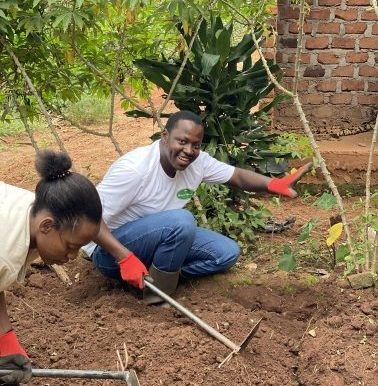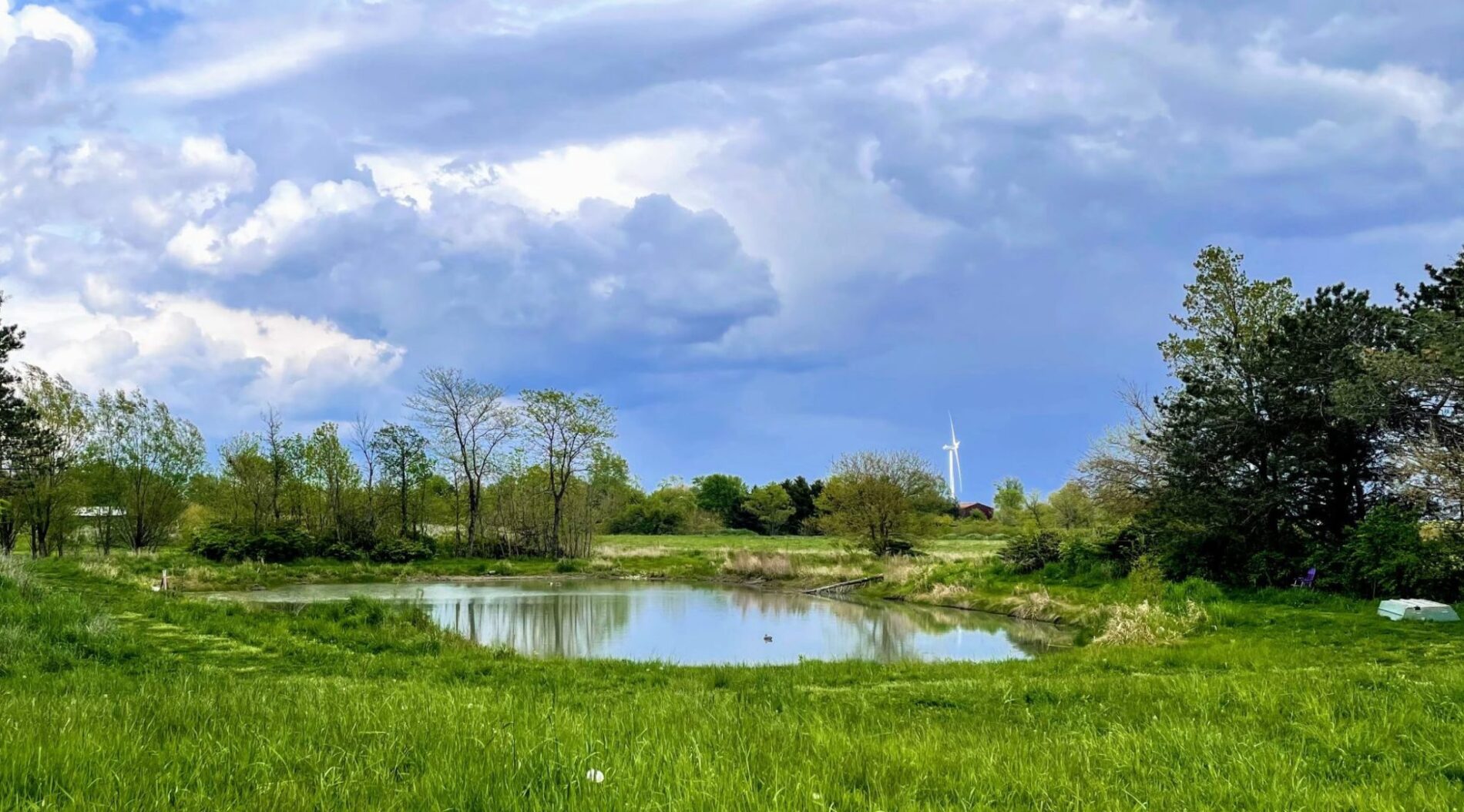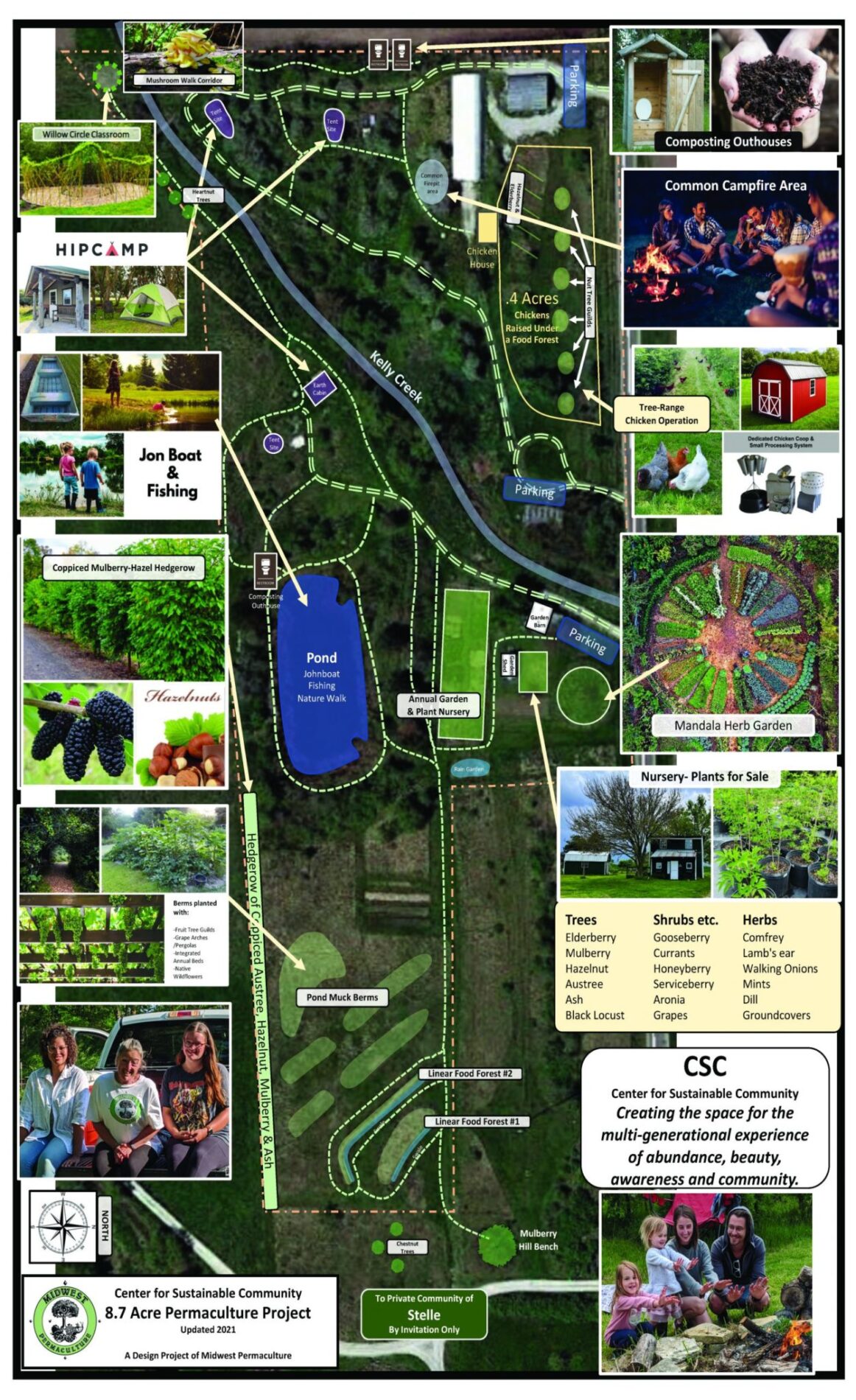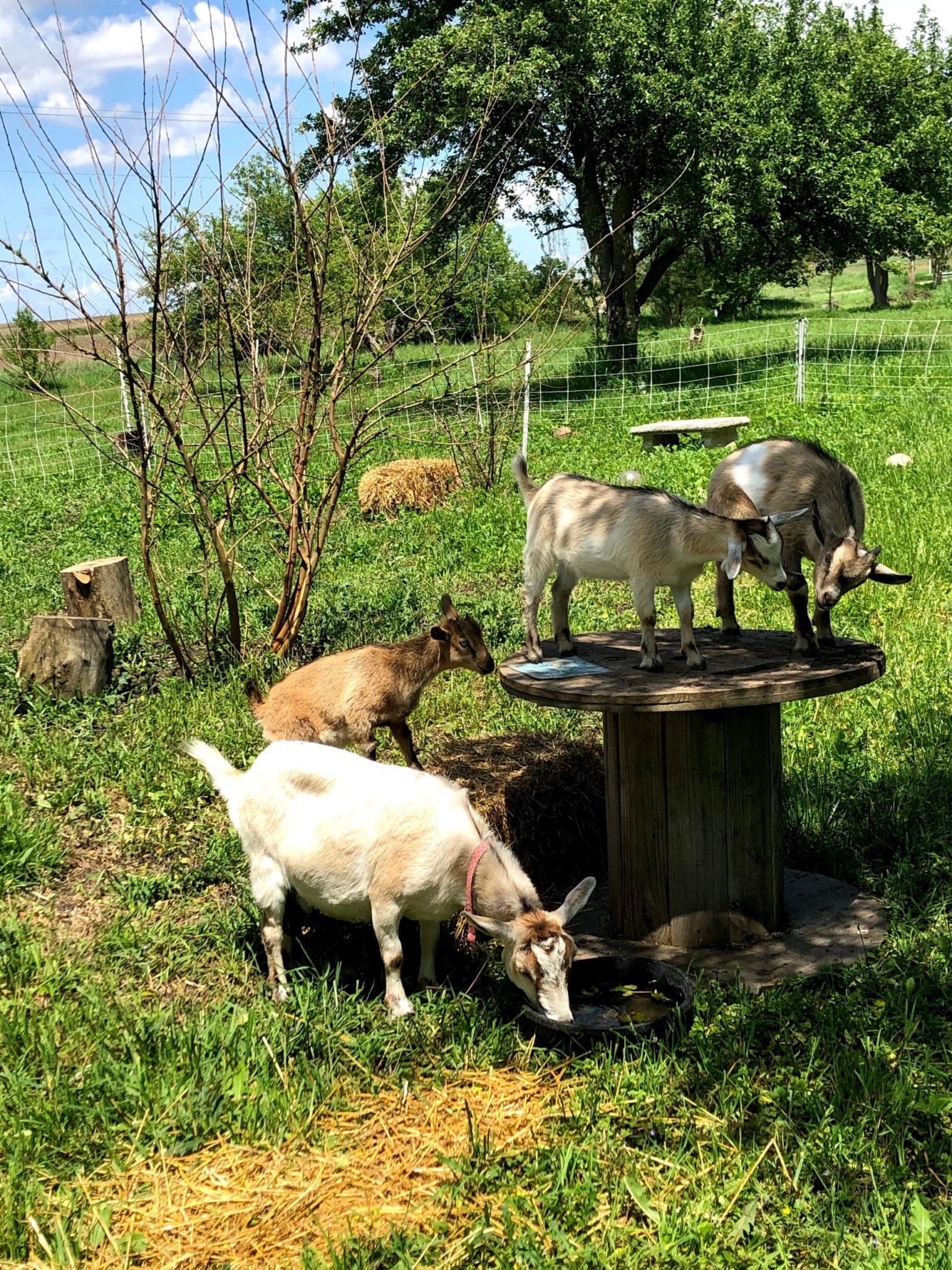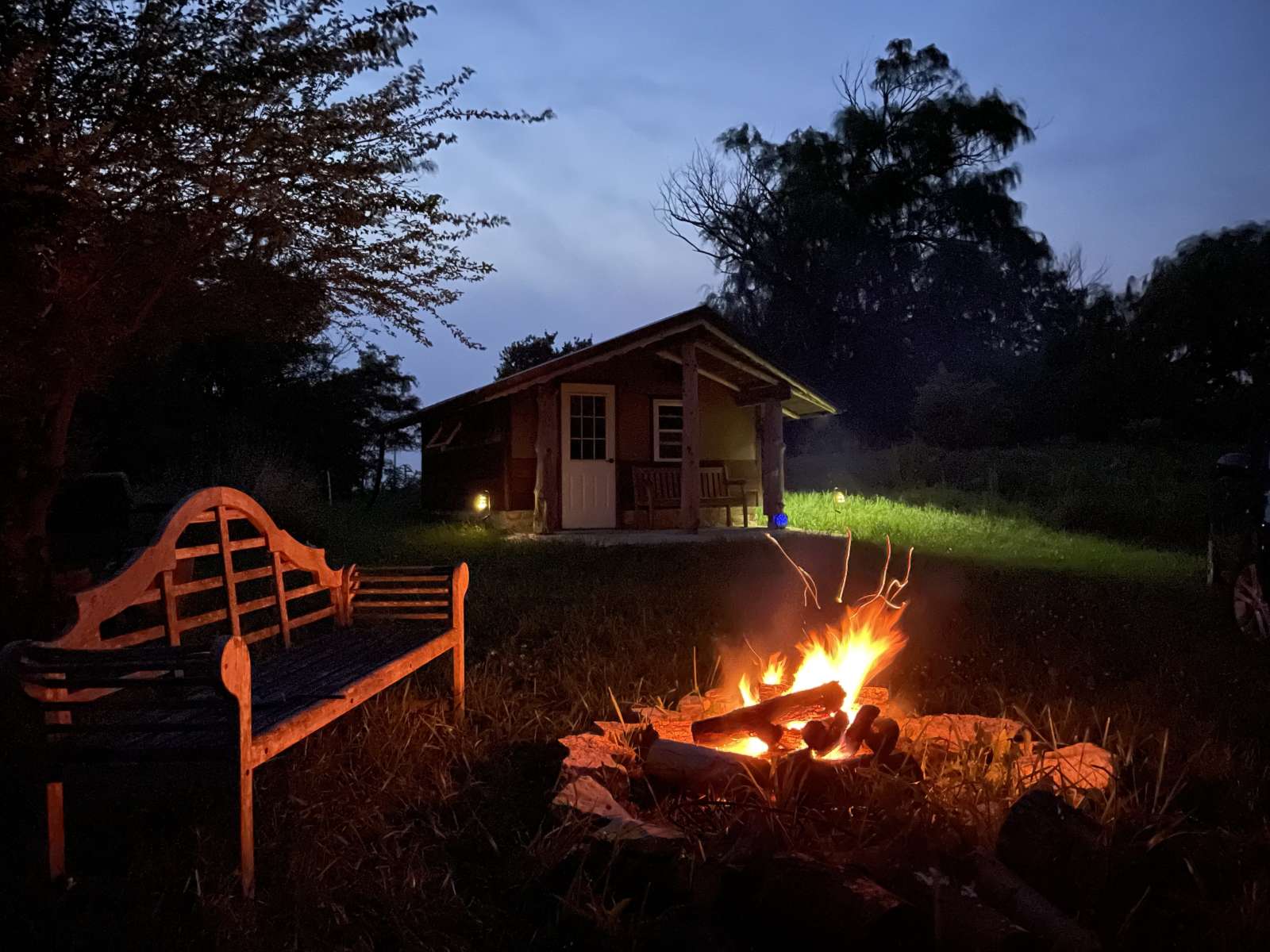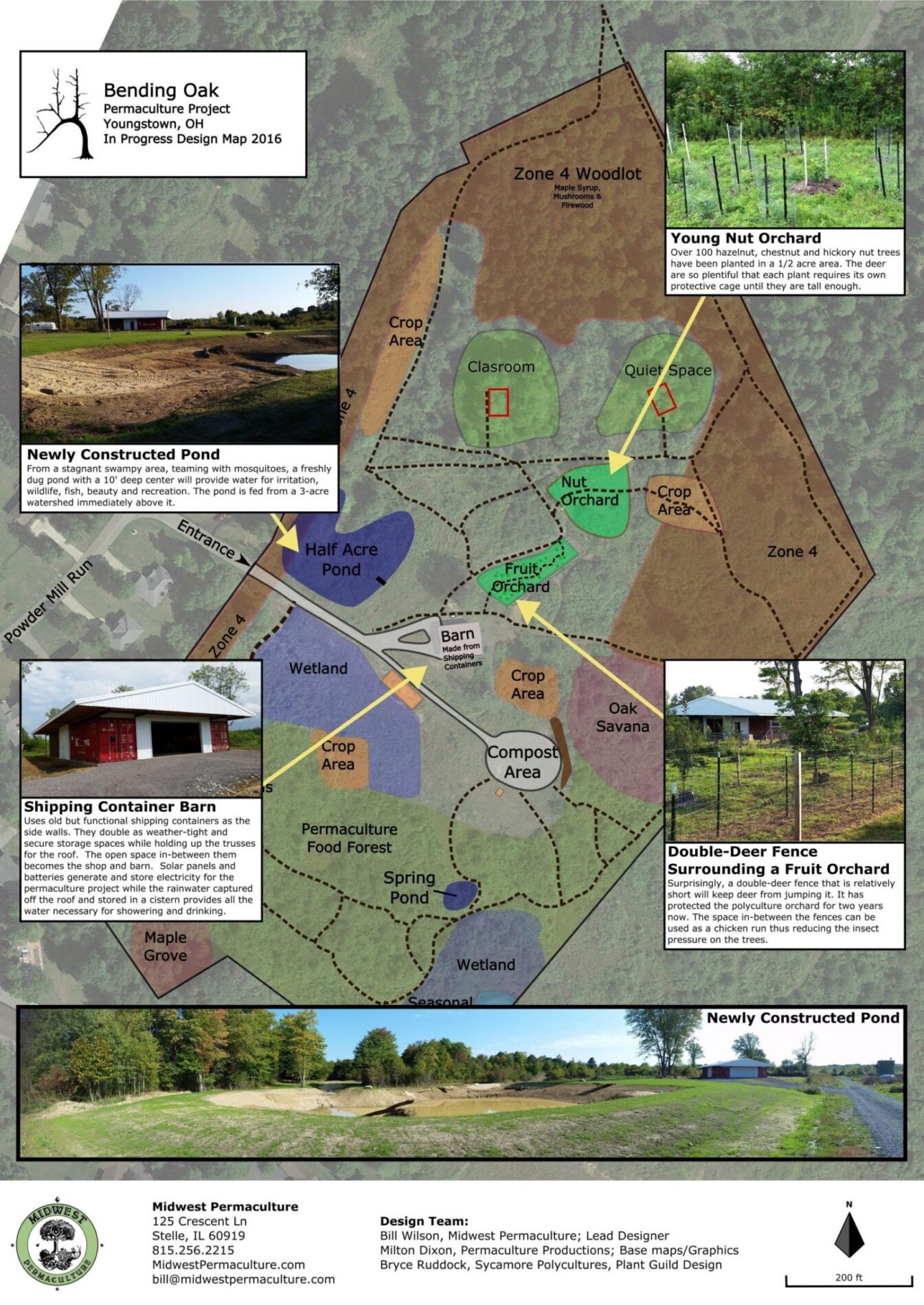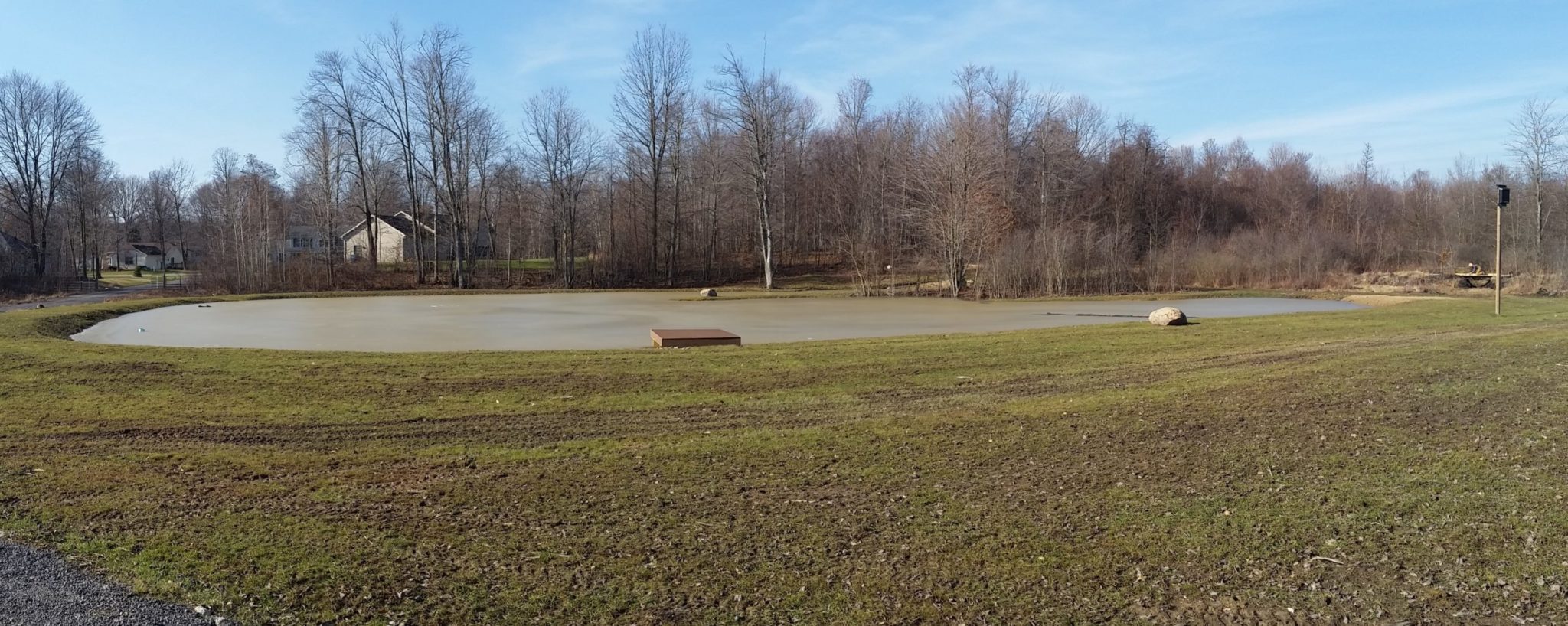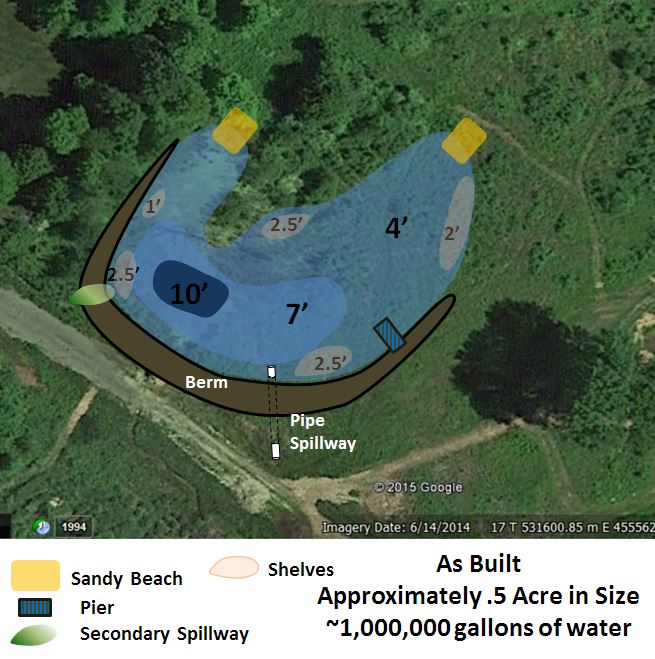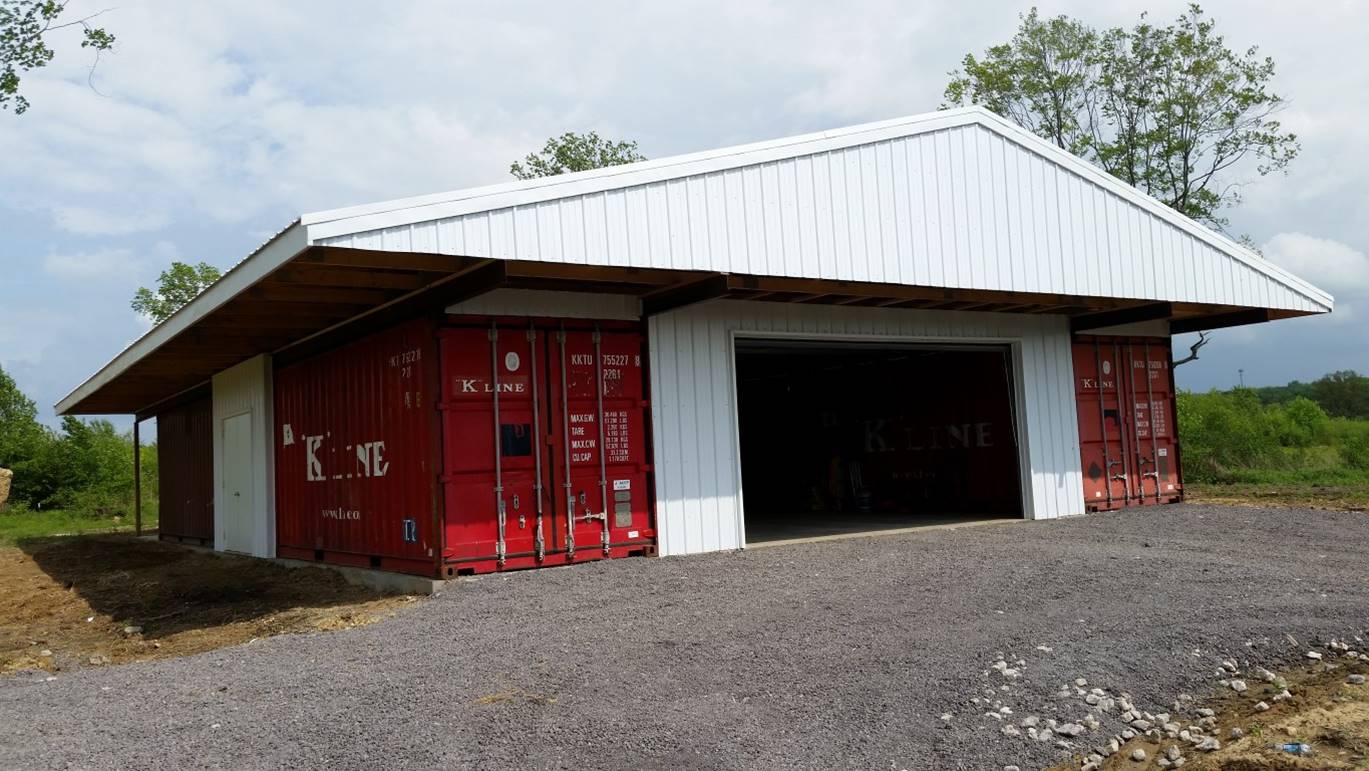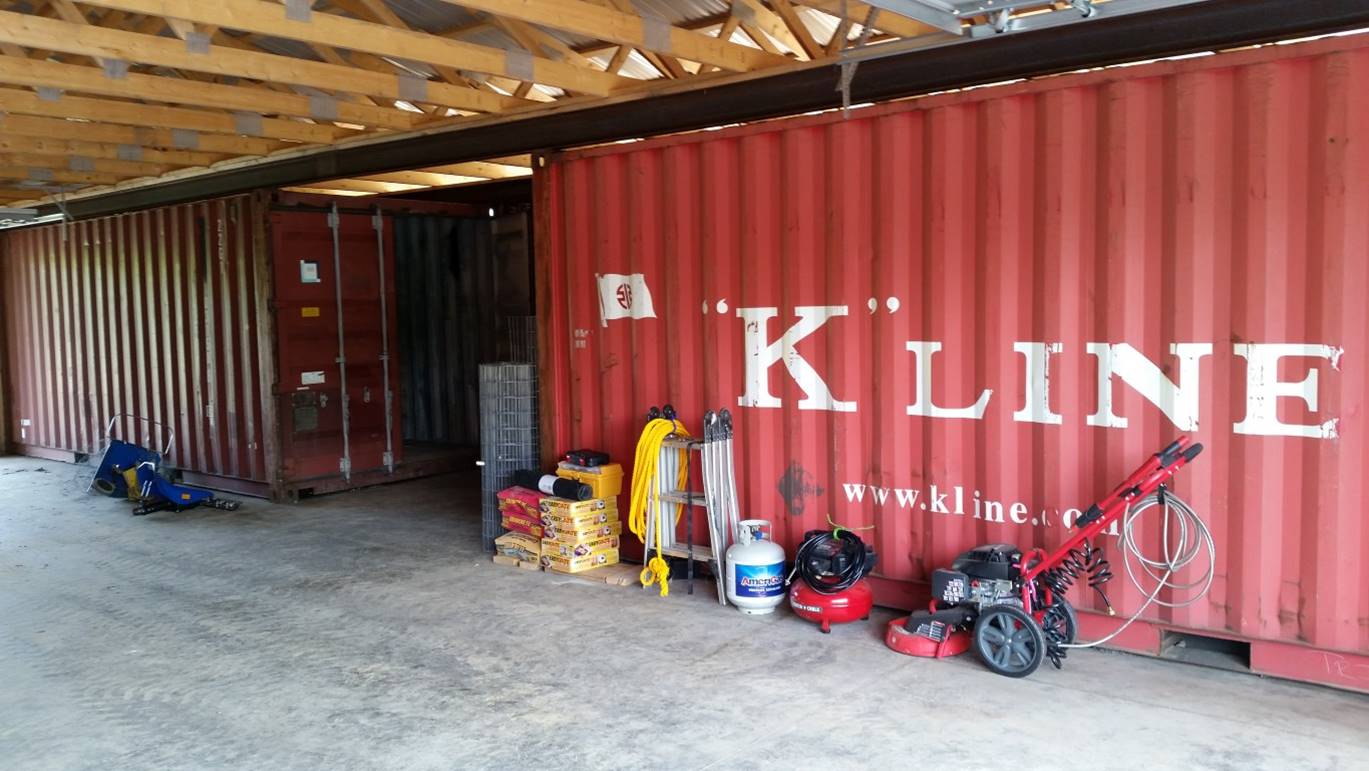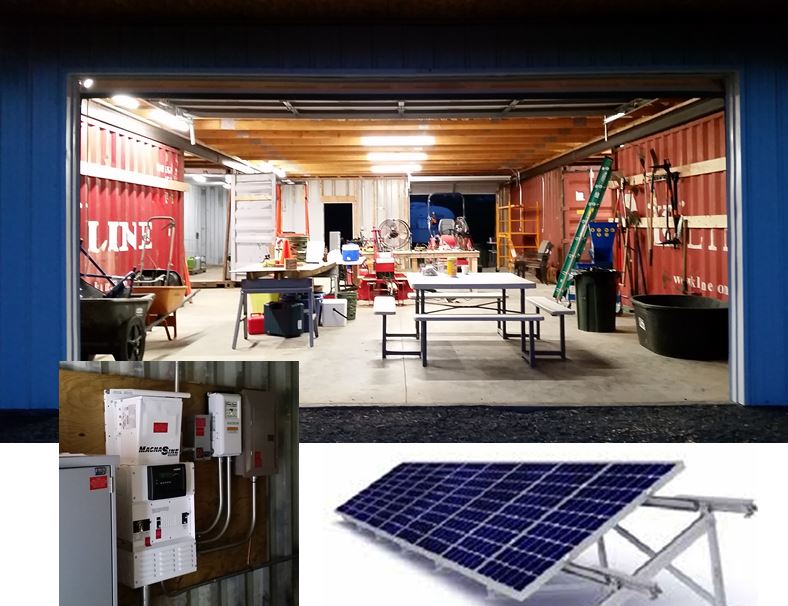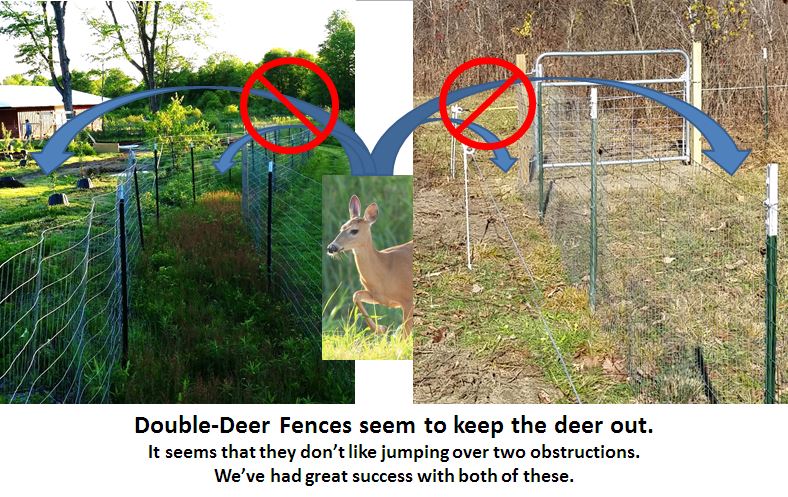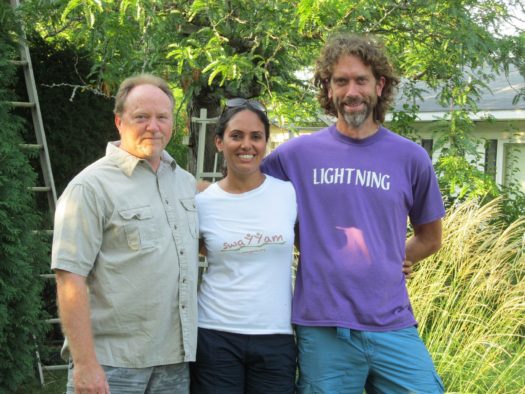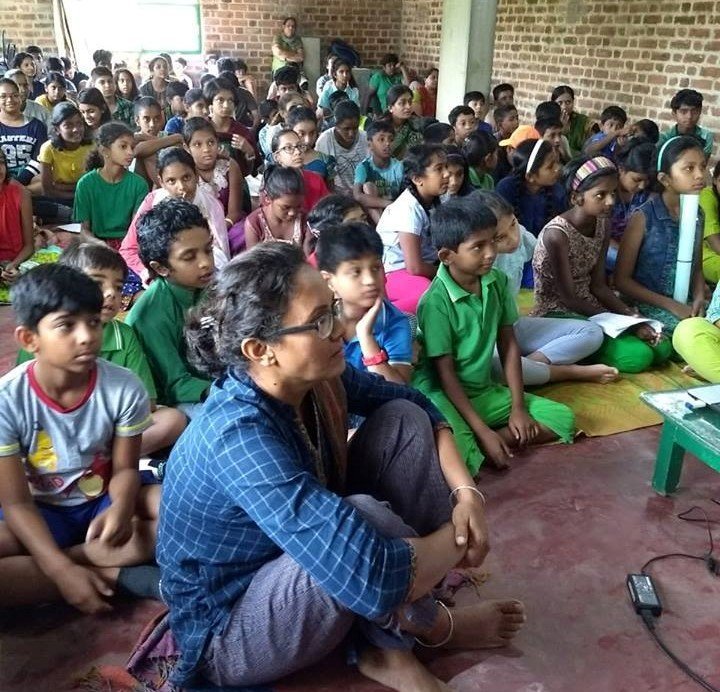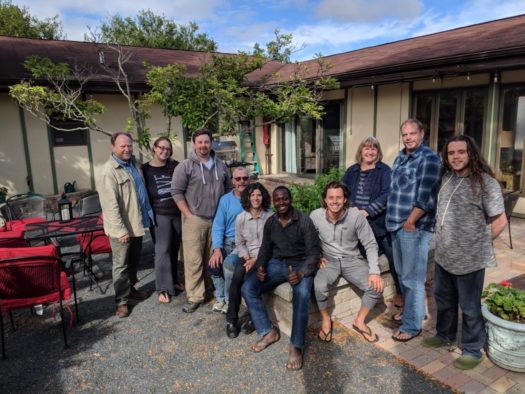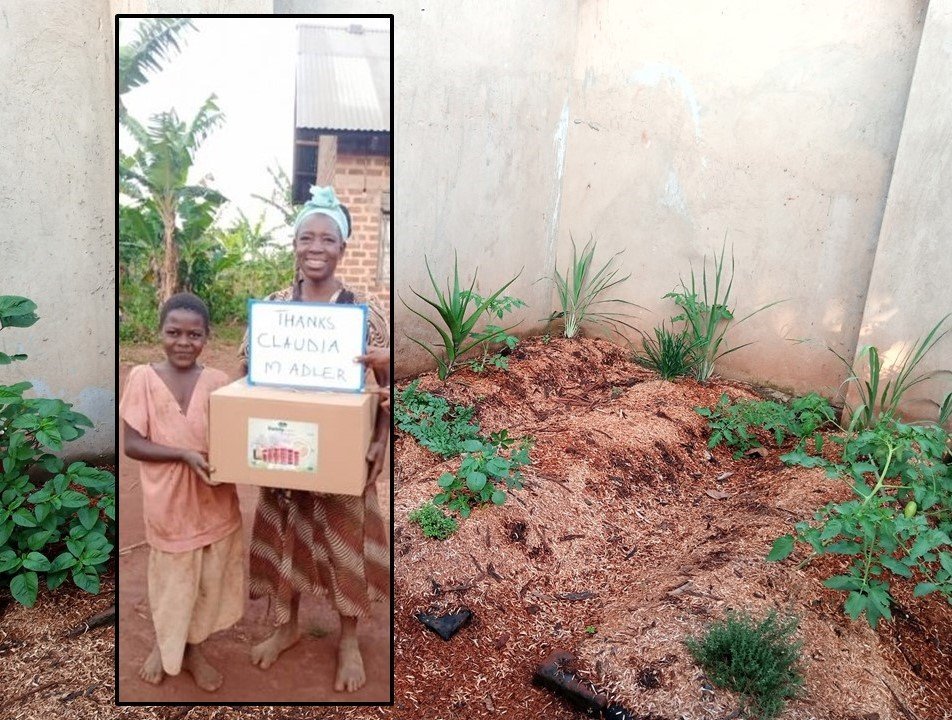Our Land-Based
Design & Implementation Projects
Students attending any of our PDC Courses will learn more about these projects.
Below are examples of 6 projects we have been intimately involved in.
Three are here in the states, and the others are international.
Current framework design - 2021
This acreage sits immediately next to the community where Midwest Permaculture (Bill, Becky and team) reside. We are supporting our non-profit organization, Center for Sustainable Community, with the long-term establishment of a permaculture design upon their land.
Like any good permaculture design, this framework layout has evolved over the years. This updated map encourages us to remain energized, inspired, and helps us continue on the path towards fulfilling the vision of CSC as we respond to the ever-changing patterns of life here. We have come a long ways on this project in the establishment of our food forests, building of healthy soil, pond restoration, and community outreach.
We have begun to attract more visitors through renting our Earth Shelter Cabin on Hipcamp, (Click here to learn more about the Earth Shelter) and are continuing to maintain and establish new projects such as:
We have been working with CSC on this project for several years and are making gradual progress with mostly volunteers.
We expect it will take about 10 years to fully establish each element of this design and then another 5 years to see them all move into greater maturity. We want the implementation to be a learning experience for hundreds of people so we are in no hurry.
Stay with us at one of our Hipcamp sites, and request a tour! You’ll be able to walk the land with a member of our team to learn more about the design, history, and see all the ways we are working to create abundance and fertility here in Stelle.
“My family and I had the most wonderful stay! We had plenty of room in the cabin and outside for our tent. Highly recommend taking a tour… Such a cool property to experience!” – Kristen, camper from Summer of 2021
Join us for an occasional work-party day!
CSC’s website has more information about events and dates.
Stay up to date with our blog
Locavore Farm – 30 Acres in Grant Park, IL
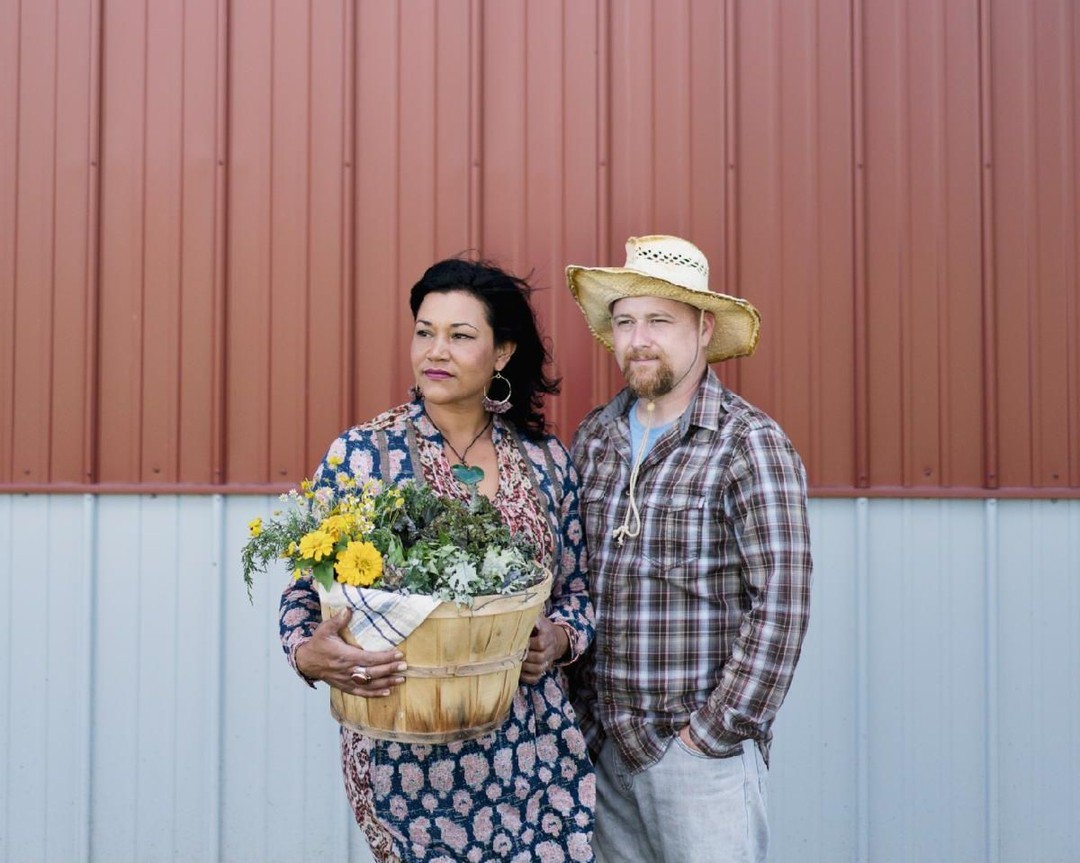
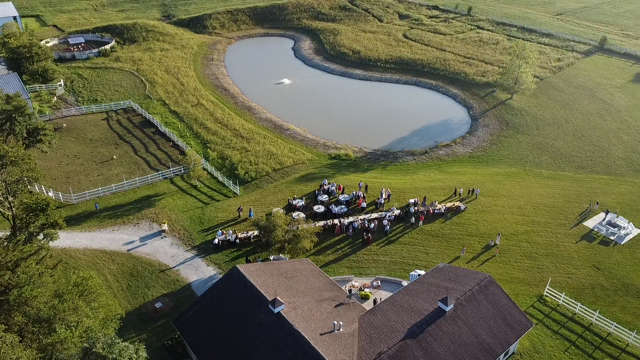
Our journey led us 43-miles south of downtown Chicago to Grant Park, IL in Kankakee County – a farming community with fewer people than acreage. We knew that our lifestyle would be different from those moving to the country to get away. We would be moving to the country to collaborate and commune, inviting others to join us in the nurturing and sharing of food. Our place would be bustling within the quiet landscape of rural living and would interrupt the practices of conventional farming with a climate-friendly approach to agriculture.”
— Christopher & Rachael Jones
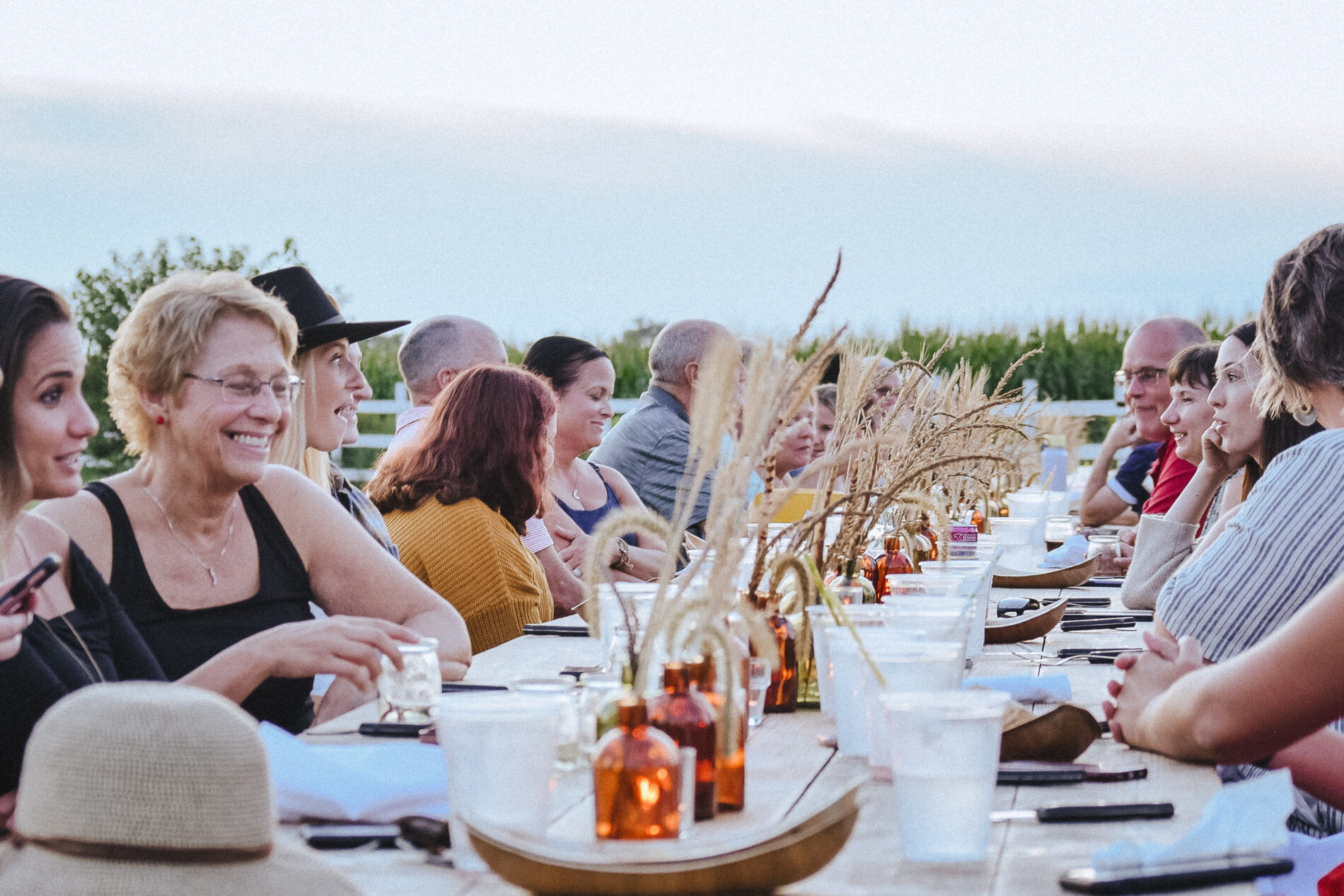
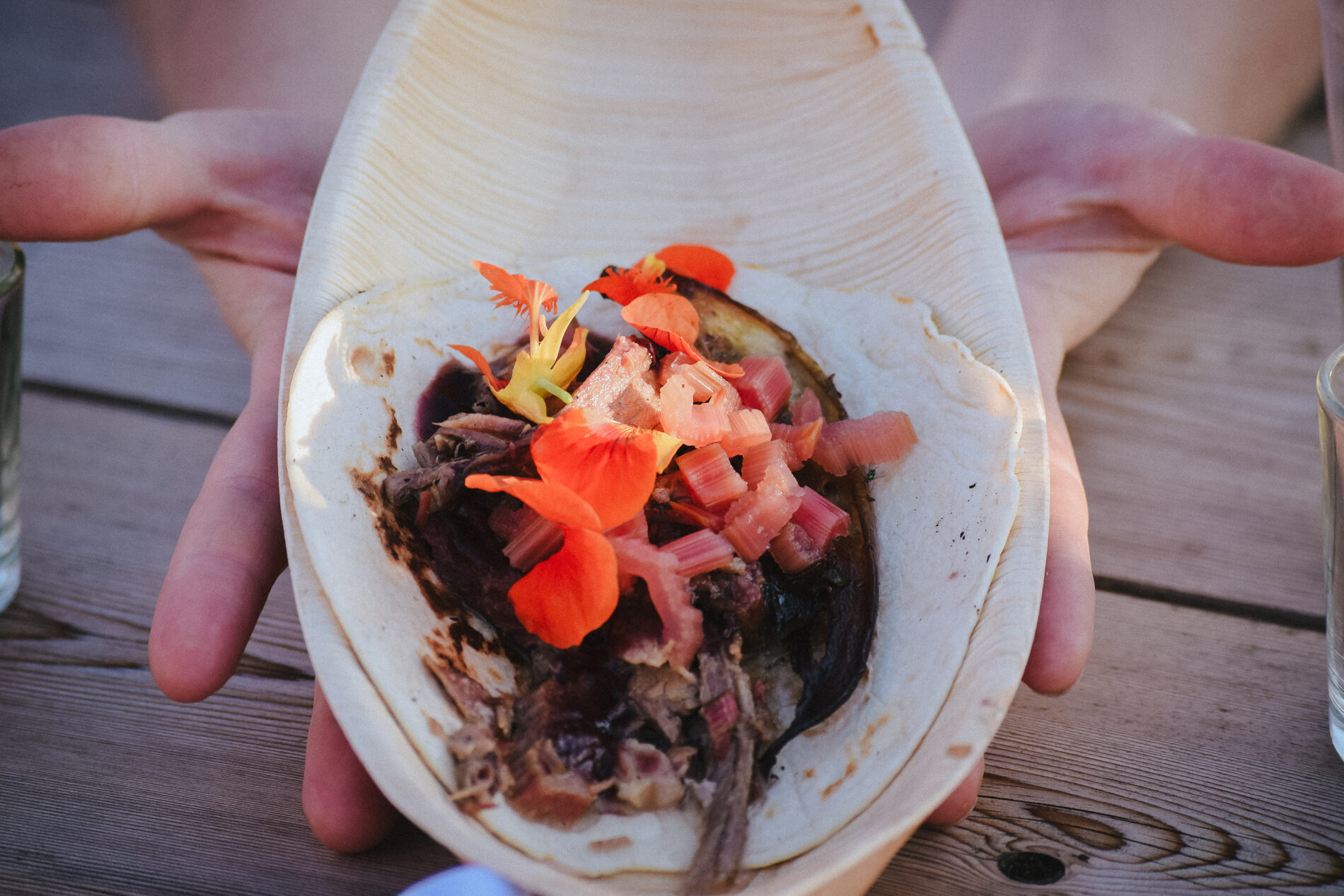
In 2022, the Jones family realized a long-time dream since opening Locavore Farm by purchasing a 30-acre estate just 1.8 miles down County Line Road. The name of the new farmture (farm-adventure) is Sumac Creek Farms and will host all the Dine on the Land events and educational experiences as well as overnight retreats, glamping, and extended farmstays in a historic farmhouse.
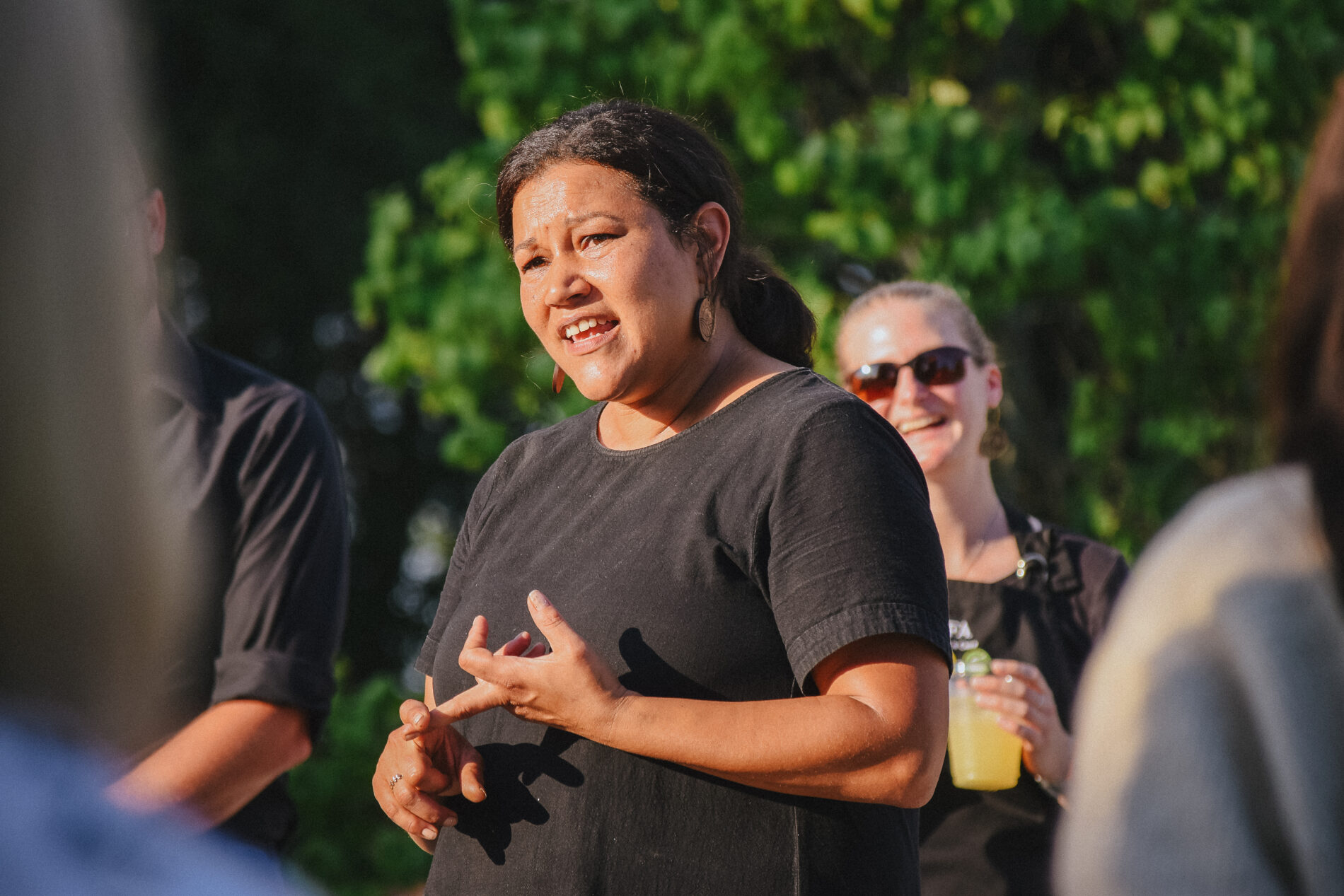
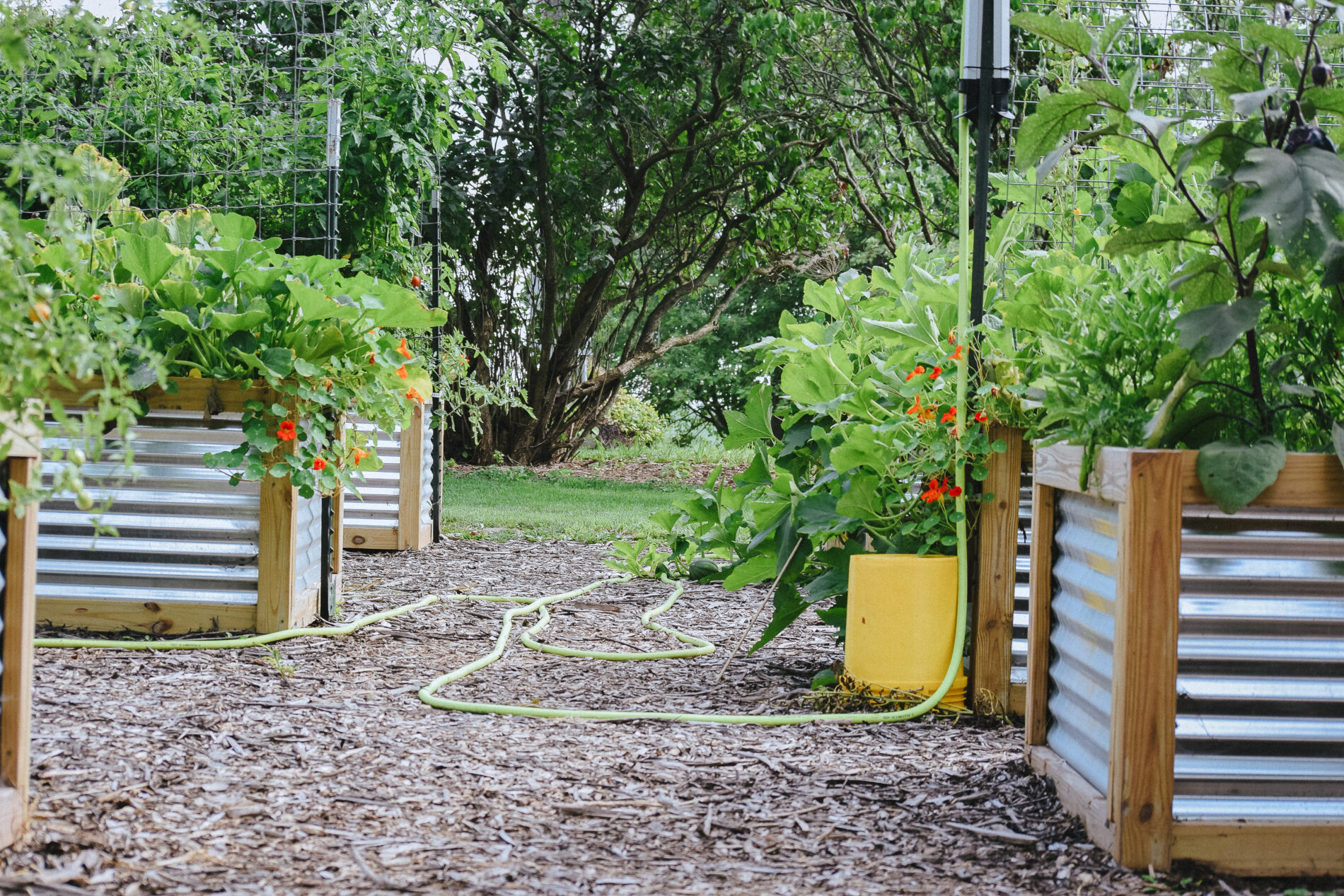
and endeavors to live the life that they hath imagined,
They will meet with success… unexpected… and in common hours.
– H.D. Thoreau
View some Design Elements at Locavore
CLICK TO ENLARGE
The ponds
The map above shows the pond shortly after construction when it was only 1/4 full in October 2016. There is a 2.5-acre watershed that feeds this pond, and over the year-end holidays when the ground was still frozen, a 5-inch rain event filled the pond in one week. Here it is on Feb. 1, 2017.
The Shipping Container Barn
For a 25 acre design with plans for active production of various berry and nut crops, it is important to have a place one can work, store equipment and tools and process the harvest. To do this while reusing some recycled materials we designed a barn with a foundation base of shipping containers.
Deer’s depth perception deters them from jumping somewhere if it is not clear where they will land. Around the outside of these fences are regular deer runs with hundreds of deer tracks. Inside the fences there are NONE.
DD Fence (Left): The two wire fences are 4 feet high and spaced 4 feet apart. This system is also designed to function as a chicken run. The chickens will keep the weeds down and eat plenty of the insects heading into the orchard.
DD Fence (Right): This is a single 4′ wire-mesh fence with a single white nylon cord running through 36″ high pigtail stakes. The stakes are placed about 30″ from the wire fence. Bungee cords at the gate areas make it easy to access in and out, and they also keep a constant tension on the line so it does not droop should it stretch. The pigtail stakes are easily removable for mowing.
The Elements in the Bending Oak Design
- = Underway/Completed
- = Pending/Planning for Later
- A Double-deer-fenced Enclosed Orchard Area
- Plant a Polyculture Orchard
- Chicken Run Established in the Double-deer-fenced Area
- Plant a Polycultured Nut Orchard of Hazel, Chestnut, Hickory, Oak
- Multiple Plant Guilds Designed Into the Natural Microclimates and Biome
- Establishment of an Oak Savannah Area (Observing areas – favoring the oaks)
- Build a Utility Barn made from Used Shipping Containers
- Rainwater Harvested for Clean Potable Water
- Underground Cistern Storage for Clean Rainwater
- Small State-of-the-art Photo Voltaic System on Barn Roof for Electric Needs
- A Residential Internship Program
- Students Build The Homes they Live In
- Develop the Annual and Perennial Gardens for Food
- Provide for Most of Their Other Need from the Property
- Establishment of Functional Chinampas in the Low Ground Areas for Polyculture Food Production
- Utilizing the Forest Edge and Meadows for Honey, Wild Medicinals, Elderberry and More
- Utilizing the Woodlot for Fuel, Mushroom Growing and Maple Syruping
- Use of Free Woodchips for Paths, Mulch, Composting and Fuel
- Creating On-going Educational Programming for the Public
- Expert-led workshops
- Permaculture courses
- Guided & Self-Guided Tours
- And there will certainly be more…
swaYYam - Regenerative farming nonprofit in India
In 2014, Midwest Permaculture was visited by Malvikaa Solanki of India and her colleague Levi Mataga of the US.
Malvikaa was in the early stages of a pioneering permaculture project in India called swaYYam (a word that implies “unified self” in Sanskrit). The goal was to demonstrate an authentic and sustainable way of living to a culture that, like many, was blindly following what is called ‘progress’ rather than making conscious decisions concerning the long-term health and survivability of themselves and their communities.
Not really wishing to 'change' or 'fix' anybody, Malvikaa is simply striving to be an example of what an authentic and sustainable way of living looks like.
This long-slow process requires excellent dedication, strength, and perseverance, but it is also the most critical work on the planet.
Bill and Becky quickly realized that Malvikaa was a dedicated and passionate person undertaking very important work in her part of the world. Our two projects created an early bond as we share similar visions for how humans can live on this planet.
The work of permaculture is to take the small-first steps to create self-feeding, sustainable living communities, which draw from ancient tradition and natural methods devoid of stripping the earth of its natural resources — where people take care of themselves, feed themselves, build their own houses and create energy for their needs, more as a norm rather than an exception. It’s not a peripheral activity, an alternative; it is the work we must all move into as humans if we are to live responsibly. And, it is the work that feeds our hearts and our connections to life itself.
Committed to this work, Malvikaa sold her home in the city and purchased a small farm, and named it the Open Shell Permaculture site. With the love, support, and time of multiple volunteers and local residents Malvikaa has worked to build the barren, degraded soil into a small oasis of life and possibilities. And as of 2019, she is beginning to offer workshops and permaculture live-in study opportunities.
It has taken all of Malvikaa’s personal resources to bring this project into being and we would like to do what we can from our side of the world to support her work. It is inspiring to see these progressive satellite photos of the site over the past 4 years. This is an amazing amount of progress over such a short time considering it also includes housing structures.
Aerial View of Open Shell Farm
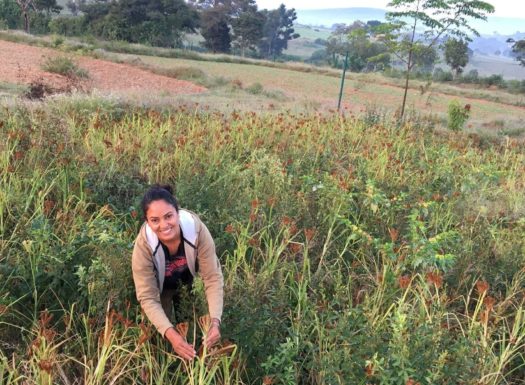
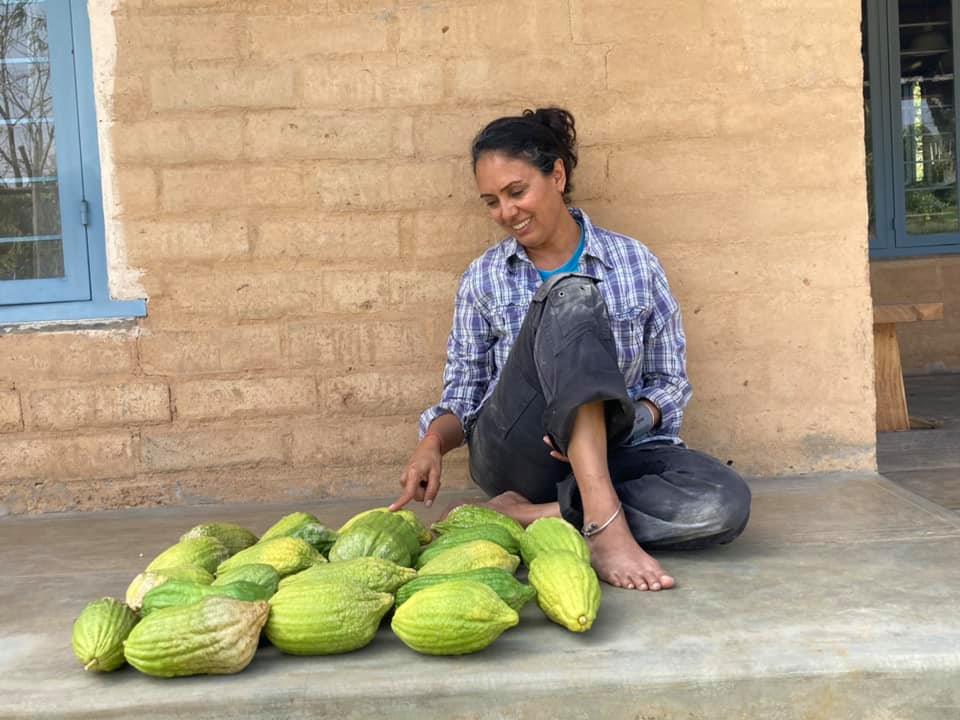
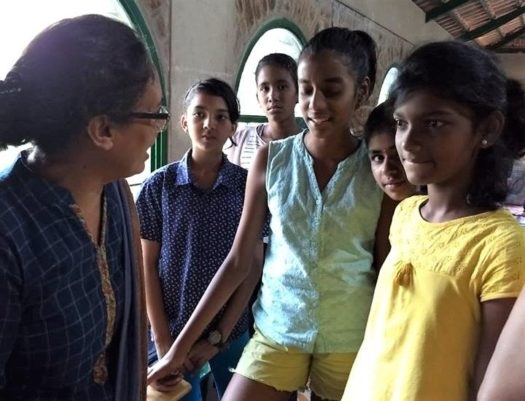
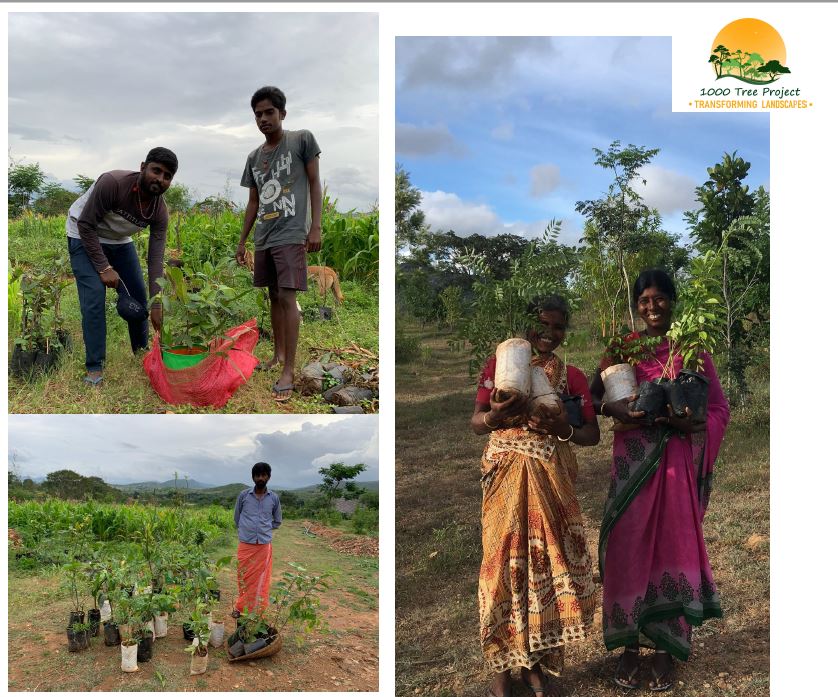
All of these projects aim to maintain the integrity of the local ecology – social and environmental – and integrate sustainability into every decision. The goal is to design and build capacities and self-reliance within the community and the individual as well. Malvikaa feels that for life to have meaning and longevity one cannot separate the outer world from the inner world. They are inextricably connected.
Let’s support Malvikaa’s work in this wonderful permaculture project by sending her some financial support from the US. Every dollar from us goes a very long way in India.
(The “Donate” button is in the upper righthand corner of the page)
About Swayyam's 1000 Tree Project
The 1000 Tree Project is dedicated to reclaiming abandoned farmland using climate-resilient & regenerative practices.
Be a Volunteer at swaYYam and Visit India
We asked Malvikaa if she would like to enter into a long-term relationship so that we might trade educational travel opportunities to our Midwest Permaculture course graduates (and others) in exchange for willing hands to assist her in the work before her there.
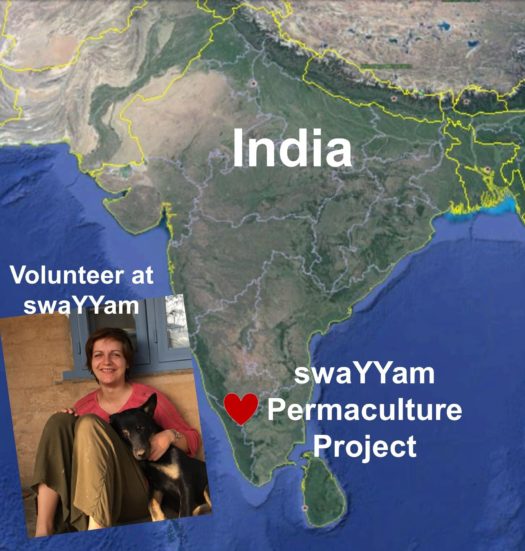
From the swaYYam website about volunteering:
Volunteers are an essential part of the swaYYam community. One of our objectives is to be independent of outside labor and manage our daily work together with the volunteers. You are welcome at any time to come and participate in our project, to live and work together with us in awareness and respect for the environment.
A minimum commitment of 15 days is essential to enable a worthwhile engagement.
The project offers a wide range of working possibilities – vegetable gardens, fruit trees nursery, medicinal plants nursery, seed saving, composting, vermicomposting, natural soap making, cooking community meals, natural buildings, preserving foods – pickles, spice powders, jams, kombucha, documentation, tree planting, mulching, watering, maintaining the community space, educational workshops, building up a live fence etc.
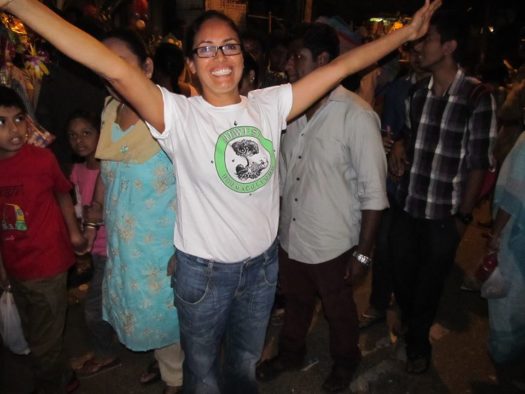
swaYYam, meaning: The Unified Self
-Sanskrit
July, 2022- Edible Mushroom Cultivation Started
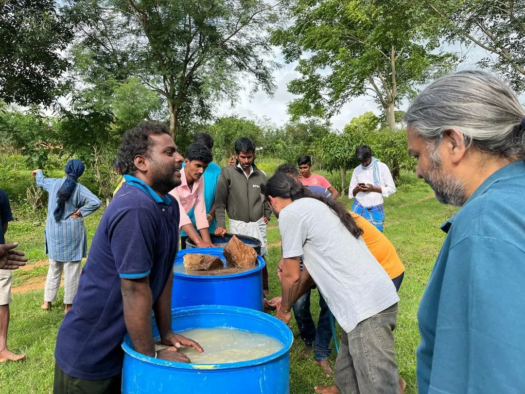
Workshop goers sterilizing straw with lime to use as a substrate for mushrooms
September, 2021- Planting Event with Rainmatter Foundation to Reclaim Abandoned Farmland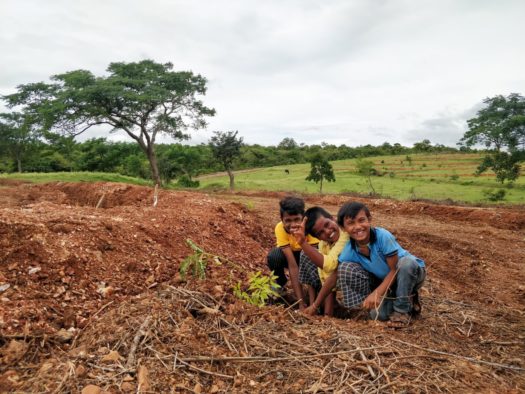
May, 2021- Awarded Permaculture Magazine Prize
April, 2021- Video Created & Featured in Permaculture Magazine
December, 2020- Living Fence Creation
November, 2020- 1000 Tree project Irrigation Implementation Progress
Malvikaa began her young adulthood as a rather conventional Indian woman—she was married at 18 and became a mother at 19. She lived in a small village where she raised silkworm and farmed. By 30, she was divorced. She moved to a city and worked with nonprofits and grassroots organizations that were related to women’s and children’s welfare, the environment, and public health. She also pursued a master’s degree and worked as a research scholar studying the ecology of lakes and bodies of water.
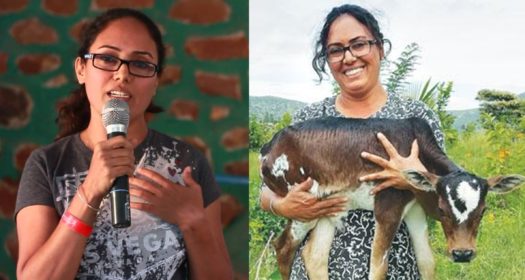
This sort of work experience led Malvikaa to consider the possibility of building communities that are “progressive, inclusive, self-reliant and sustainable.” Thus the concept of swaYYam was born, an organization that later came into official existence on December 2, 2011 as a nonprofit registered as a “Trust” with the Government of India.
In addition to the Open Shell Permaculture site, Malvikaa established the 1000 Tree Project to bring farmers together in the cultivation of abundant food forests. Another project, known as Rangaayana, strives to celebrate and revive dying Indian folk traditions such as music, folklore, and dance.
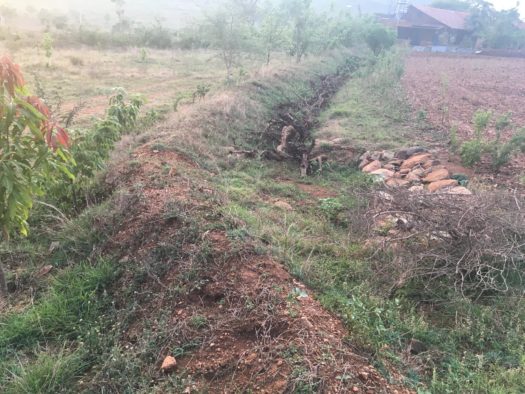
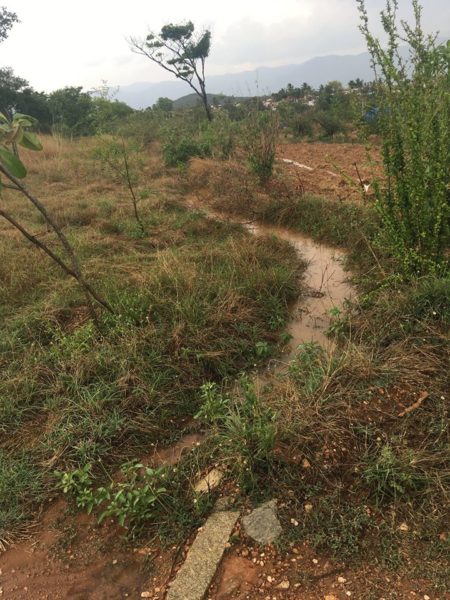
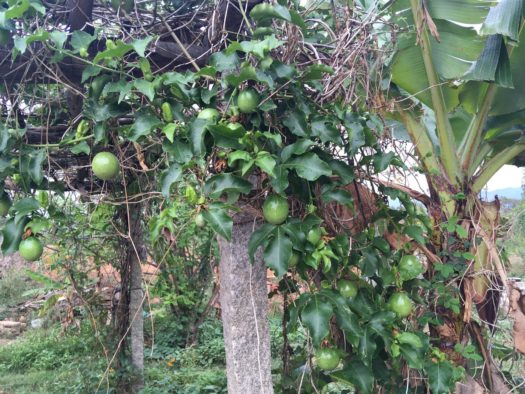
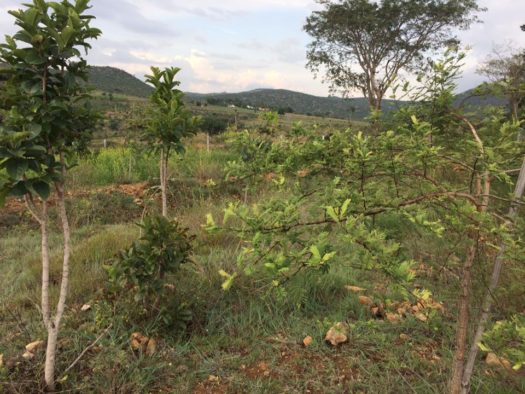
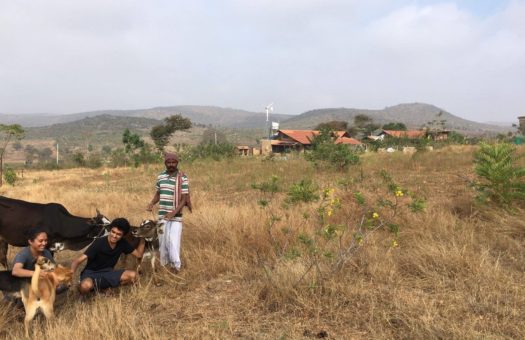
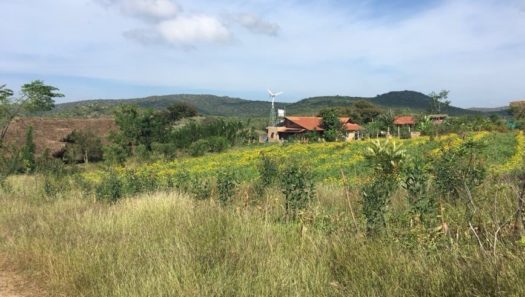
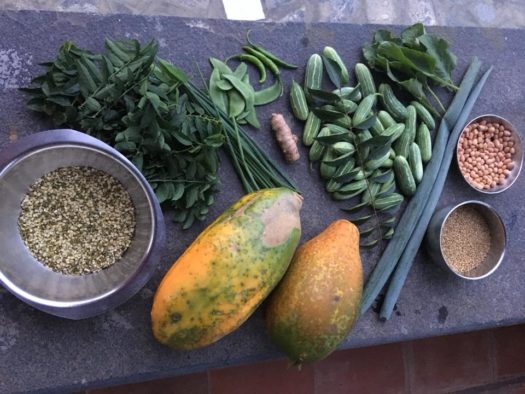
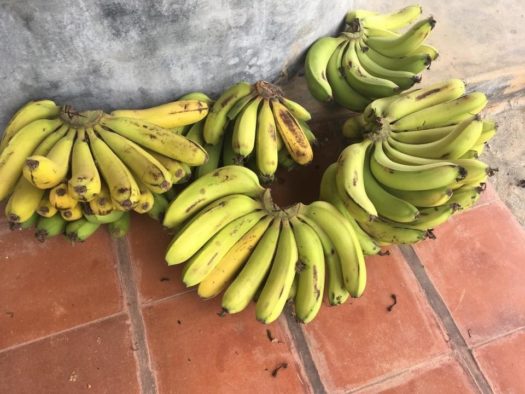
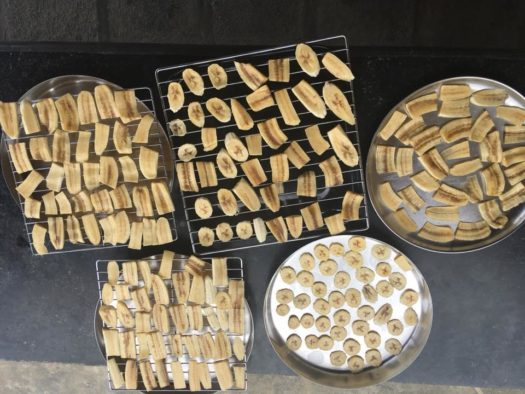
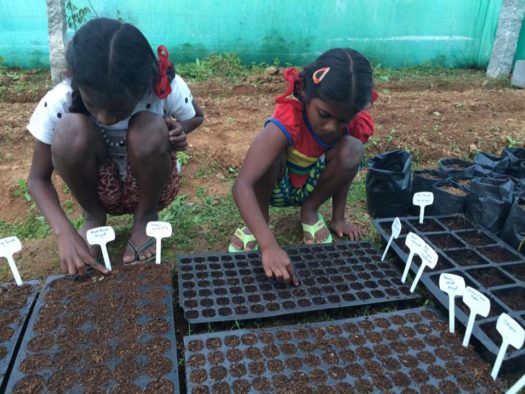
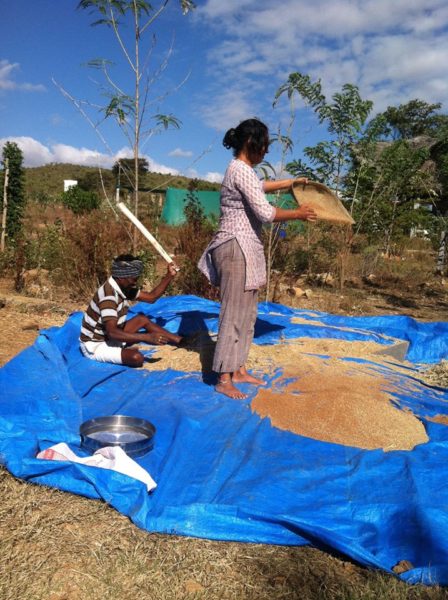
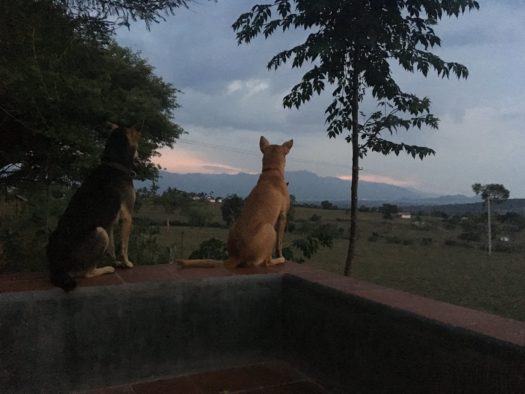
WAGE (Women & Girls Empowerment) Farm - Community Cooperative in Uganda
In 2019, Isaac Muhofa traveled from Uganda to Illinois to attend Midwest Permaculture's Design Certificate course.
As a boy Isaac became aware of, and subsequently deeply inspired by, the sacrifices and devotion his mother demonstrated while raising him and his siblings. She would work long hours to be sure her children had food to eat and the opportunity to receive an education.
From this intimate experience, he was driven as a young adult to look for simple and meaningful ways in which he could support other mothers in situations similar to the one he and his family had found themselves in. He also became aware of the degrading agricultural practices being used in his country that negatively affect the health of the people along with the natural environment. His question became: Might there be a way he could simultaneously address the needs of these areas?
For 8 years he applied himself in college, engaged in youth support and community outreach programs, and experimented in small-scale farming. When his research led him to the study of permaculture his vision synthesized and became clear.
He would find a way to help women and their children earn their own income by teaching them to use earth-friendly permaculture growing practices to raise healthy herbs and spices in whatever space they could find.
As such they would end up caring for their families, caring for their environment, and caring for their greater community, all of which are key Permaculture Ethics.
Thus Wage Farm was born.
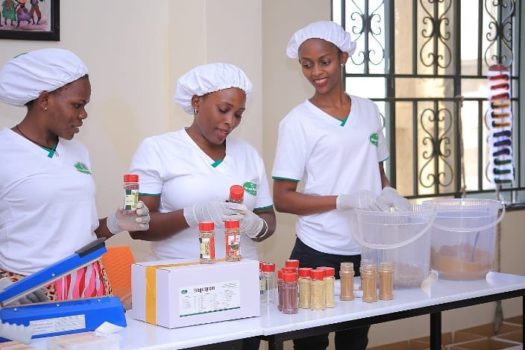
Wage farm is a cooperative mostly staffed and managed by women. The cooperative purchases, processes, and sells local women’s modest harvests with a large portion of the sale going to the grower herself. The key is that all spices and herbs must be grown to the highest health standards (beyond organic), which are taught to every grower.
The Wage team goes out into the community to teach permaculture growing methods to beginner WAGE spice growers and established farmers alike. Their trainings bring value to growers operating on any level- all are taught simple and achievable ways to grow beautiful, healthy plants that produce with abundance in the most sustainable way possible.
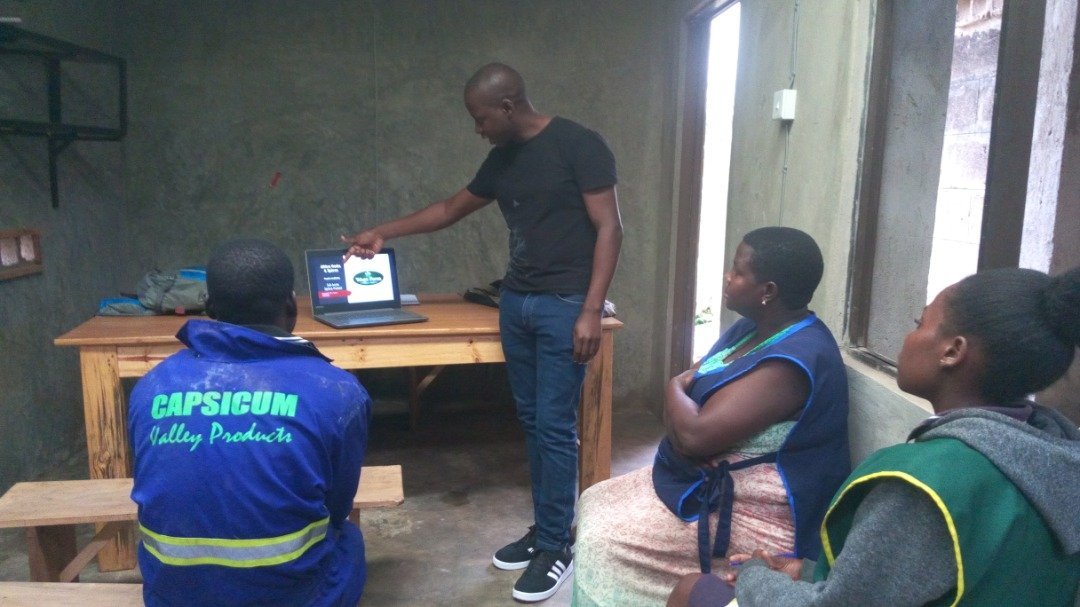
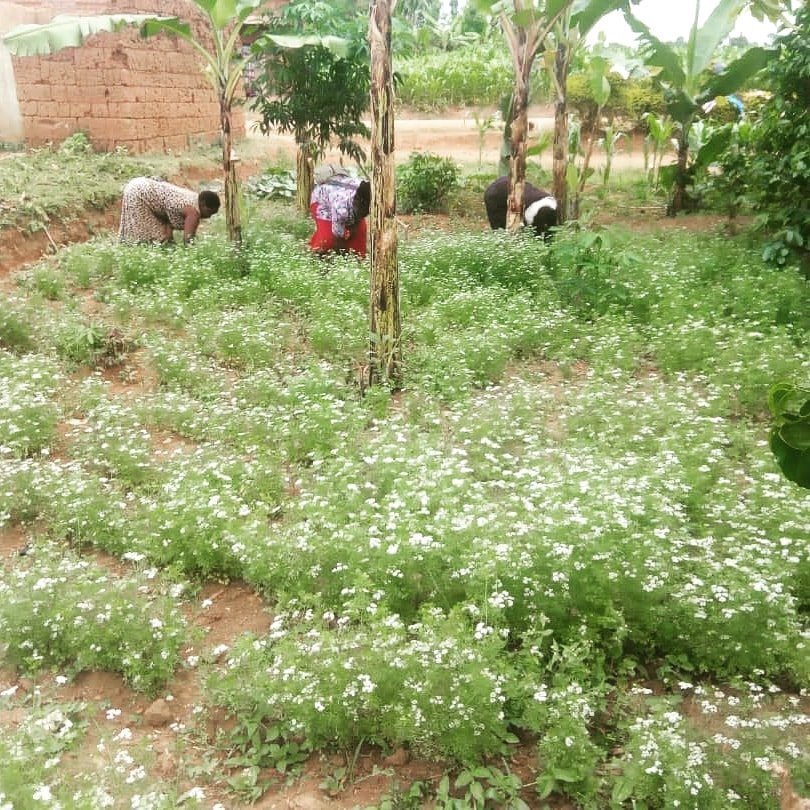
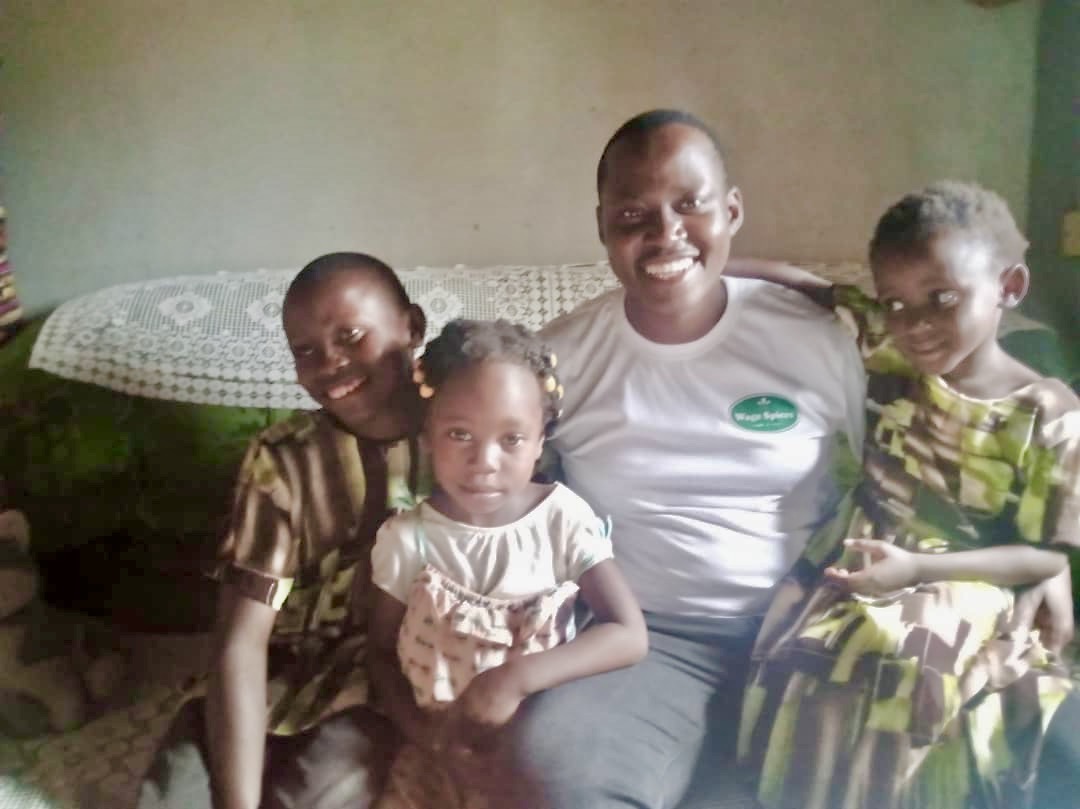
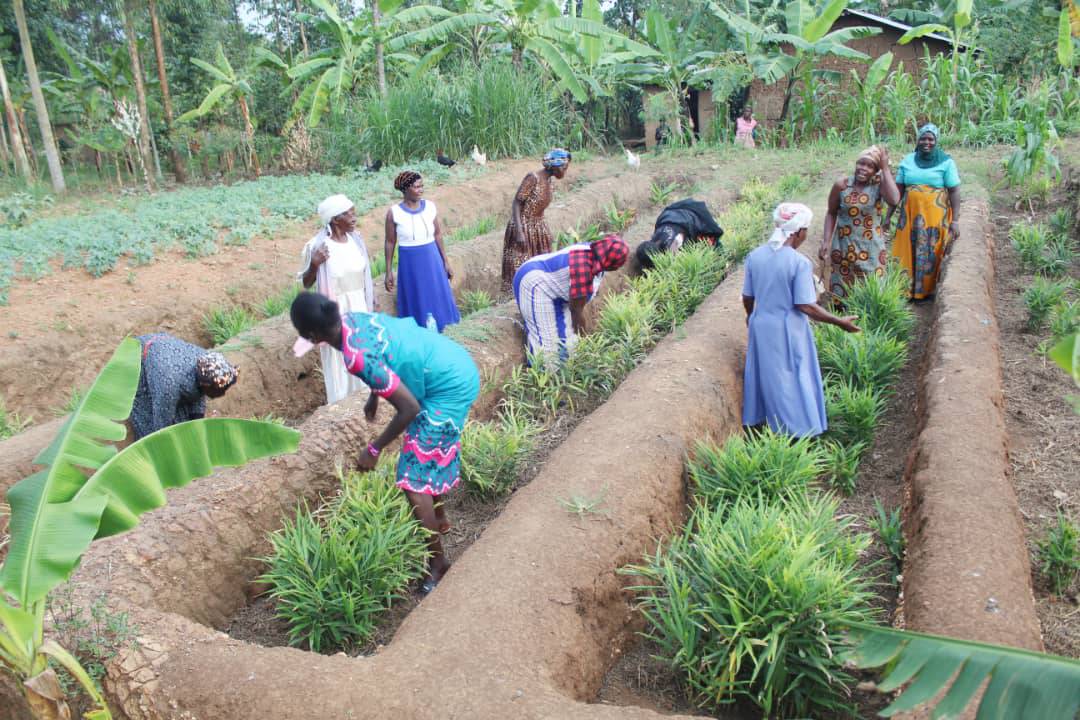
On top of providing their growers with a market to sell their spices in, Wage is also in the process of setting up ways in which partners of the cooperative have access to tool sharing programs, emergency funds, and more secure ways to establish their own investments. It is just another way they provide their growers with tools to create their own abundance and security, all the while supporting them throughout the process.
In addition to helping their growers, Wage is also passionate about providing for the general community. The co-op created the “Keep a Girl in School” project which provides sanitary products to young girls, and promotes menstrual hygiene awareness and education. They also provide a Hamper distribution program, where boxes of food and spices are delivered to families in need.
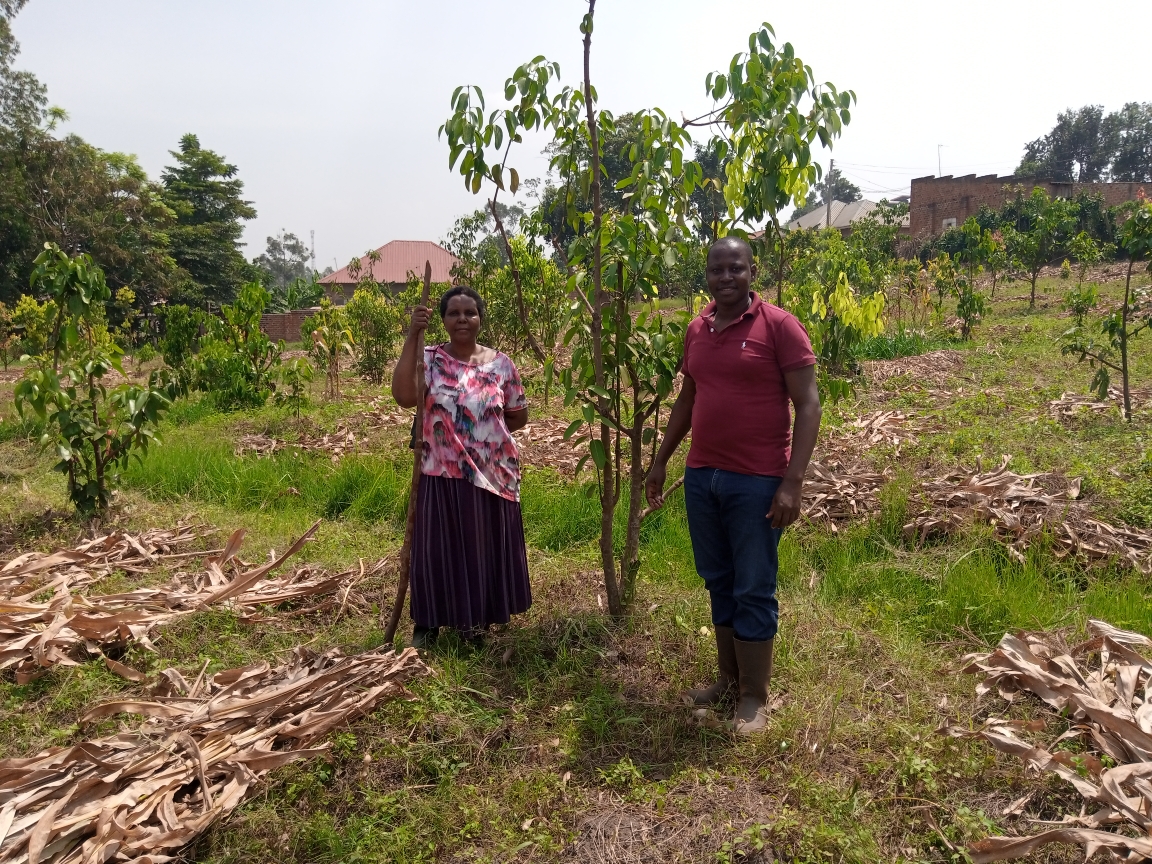
Wage is setting a lovely example of how to care for underserved communities through support, empowerment, and education, giving people the tools they need to provide for themselves and the future. As has been observed in many developing countries, Isaac believes in this one unique way to transform communities for the better: “Target the women, change the world.”
Isaac has big dreams for this company- the impact that it has already created goes to show its potential and the amazing future in store for it. Right now Wage employs 125 farmers, but their hope is to get an additional 1,000 over the next 2 years.
We are honored to be in collaboration with Isaac and the Wage team. As with swaYYam in India, we provide some, design, educational and consulting services to support them in doing their wonderful and needed work. We know that whatever we put into this project will be shared by Isaac and his team, tenfold.
You can learn more about Wage Farm from their websites, wagefarm.com & wagespices.com. If you’d like to join is in support of Isaac’s service to his community, please visit the donation pages on either of their websites (wagefarm.com & wagespices.com) where you can contribute to their cause.
And check out their Facebook page for updates on their projects.
As a small educational business, Midwest Permaculture cannot help everybody, but we can help a few. So we shall.
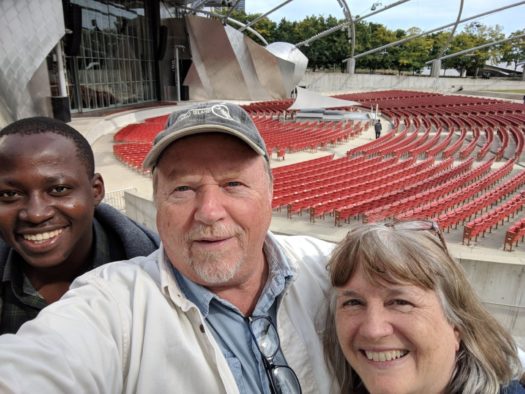
And who knows… maybe a group of us could travel to Uganda someday to meet Isaac and his team while lending a helping hand ourselves? Let us know if you are interested? 🙂
September, 2021 Featured on The Business Show, Urban TV in Uganda Links to FaceBook Video
July, 2021 WAGE becomes registered as an official company
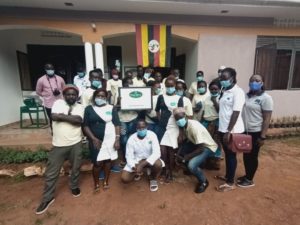
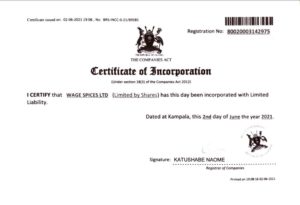
The WAGE team receiving their certificate of incorporation
June, 2021 Educating a group of local youth on regenerative farming techniques
